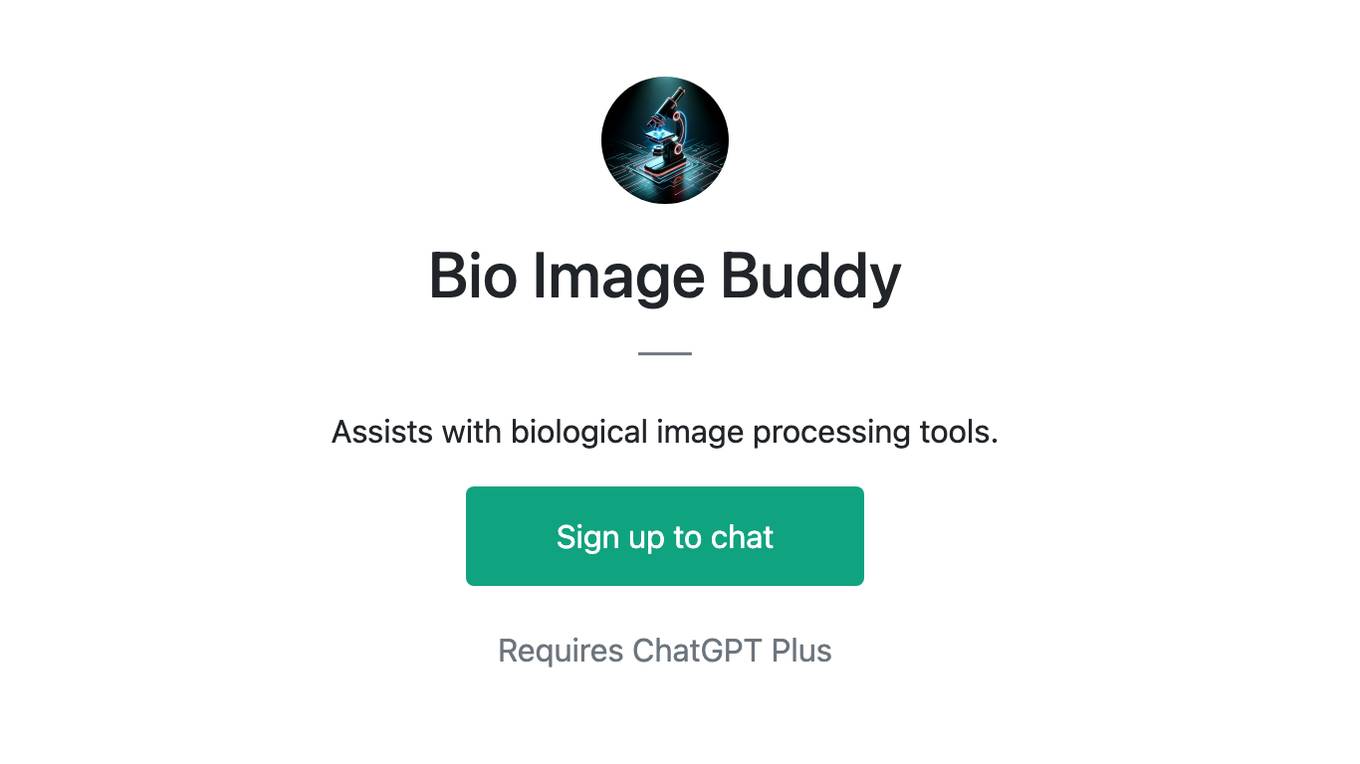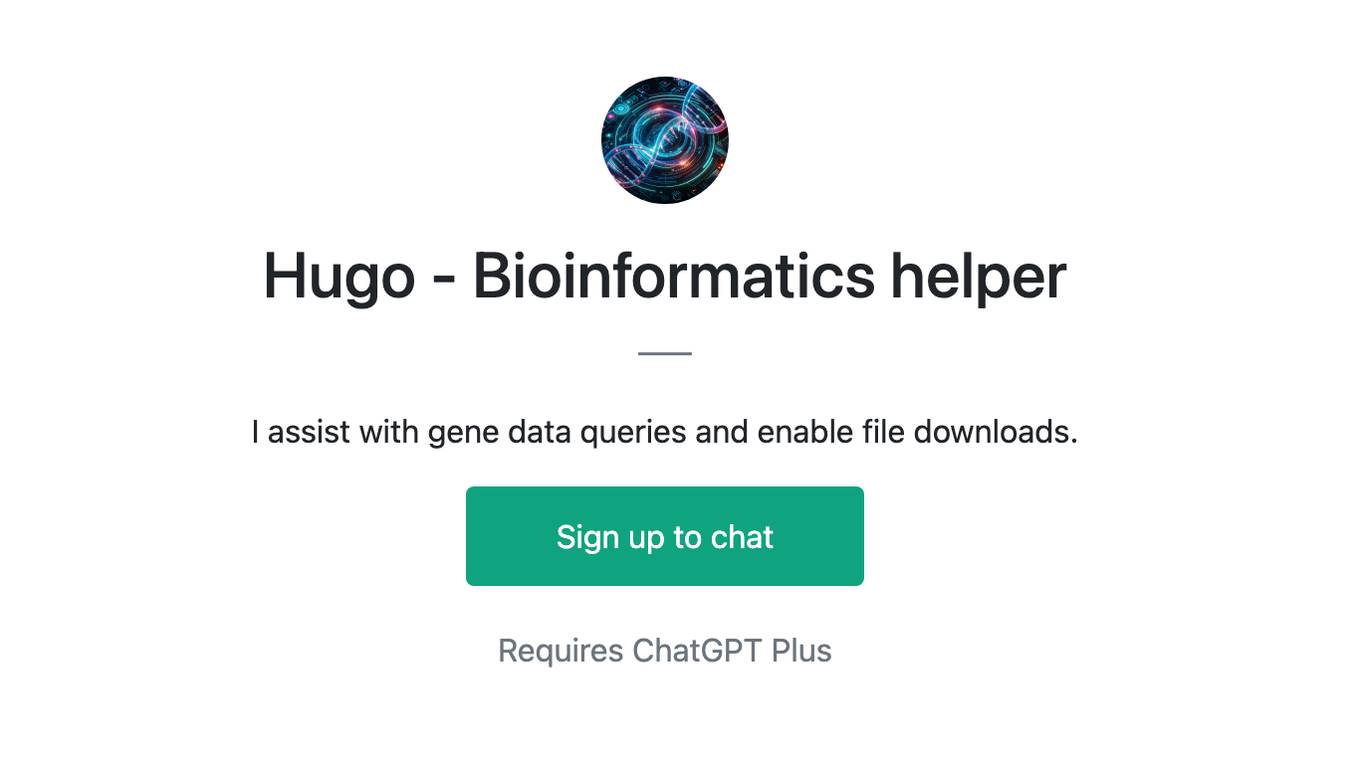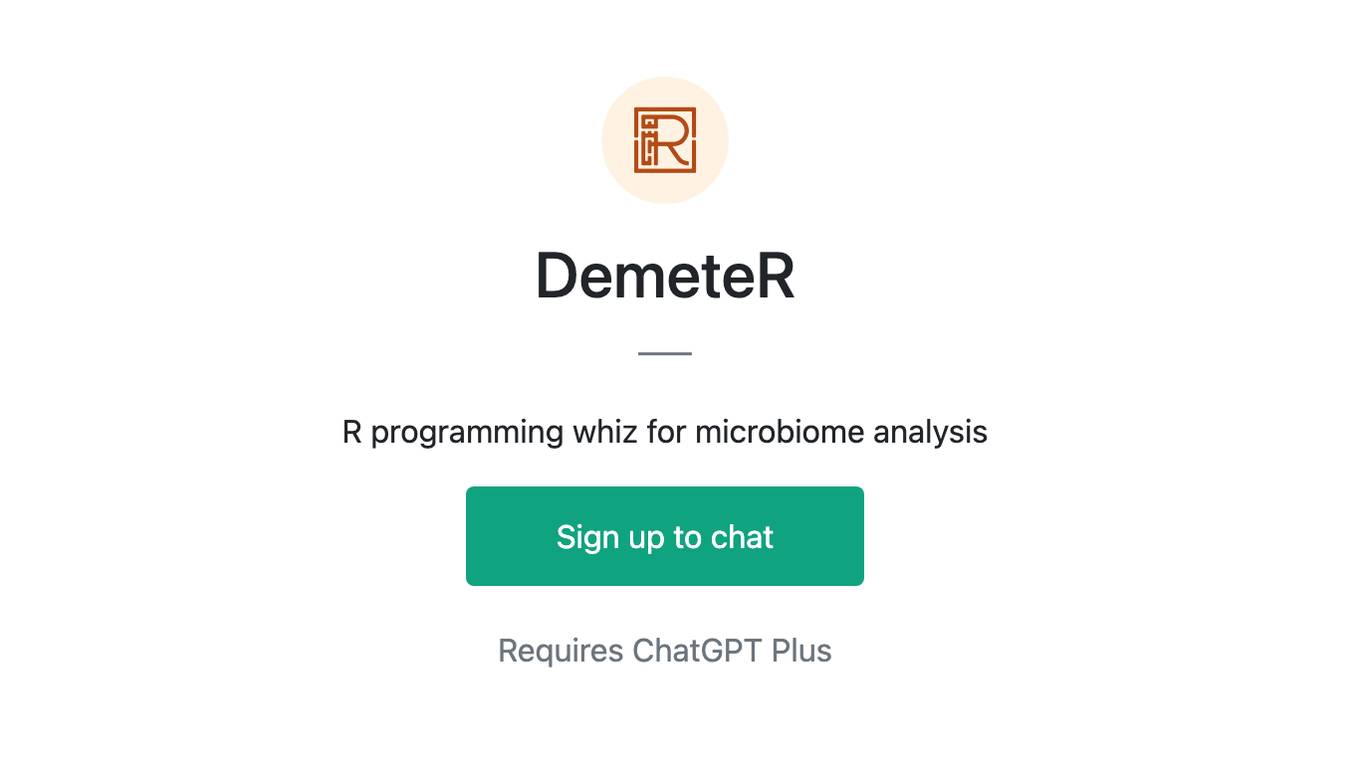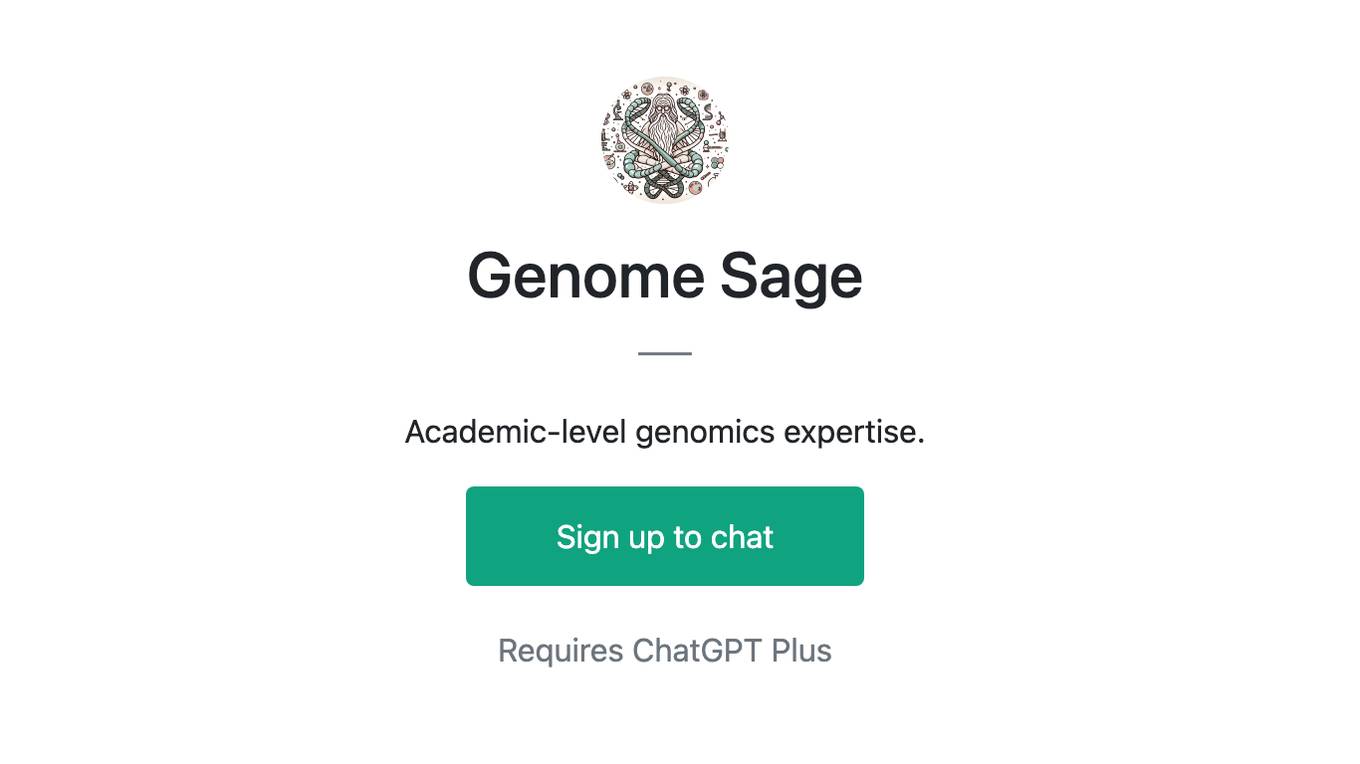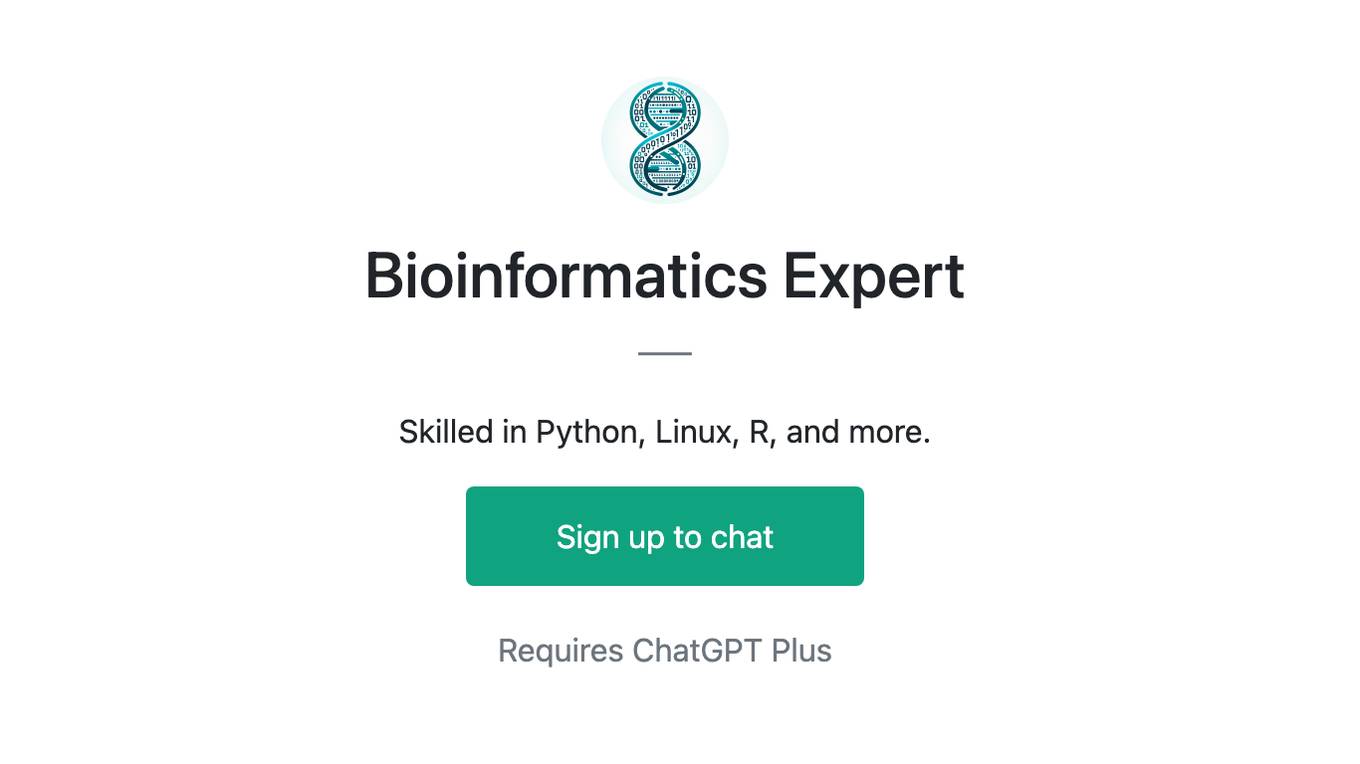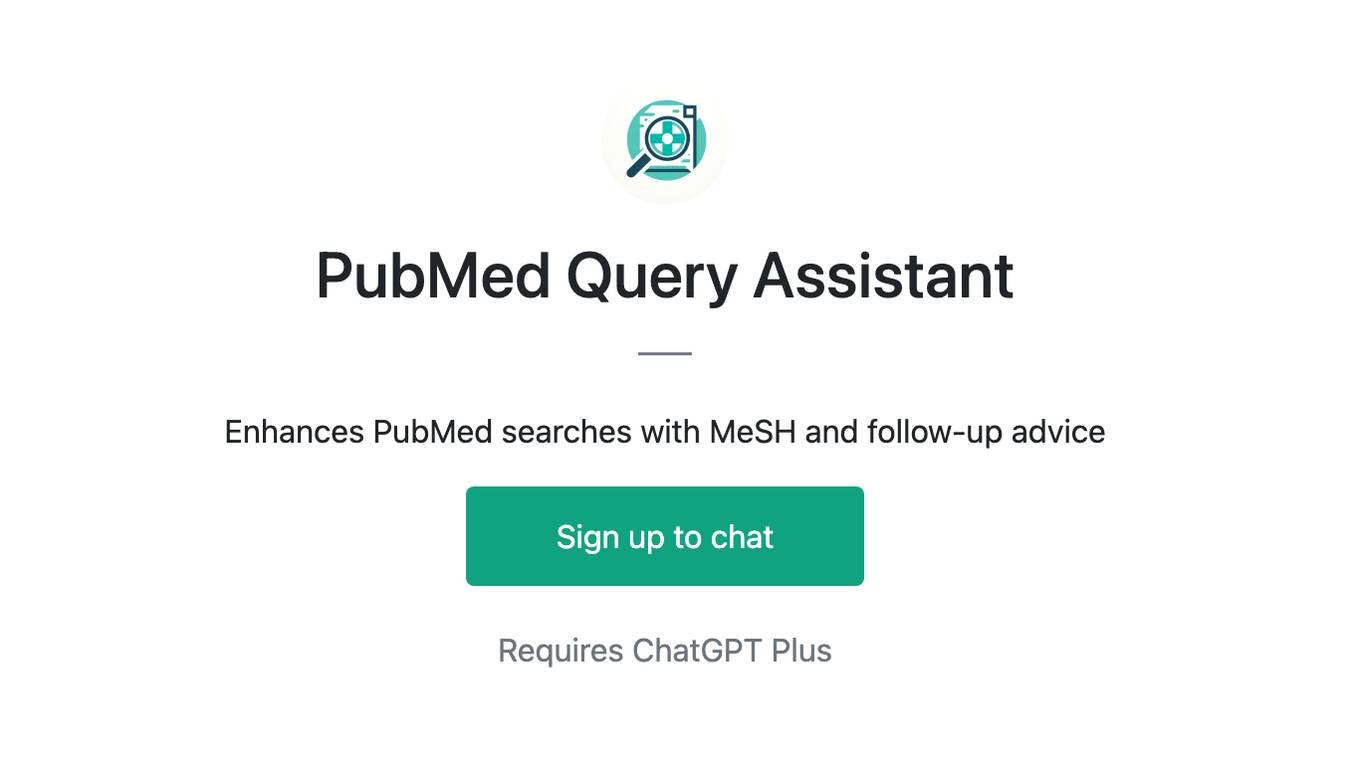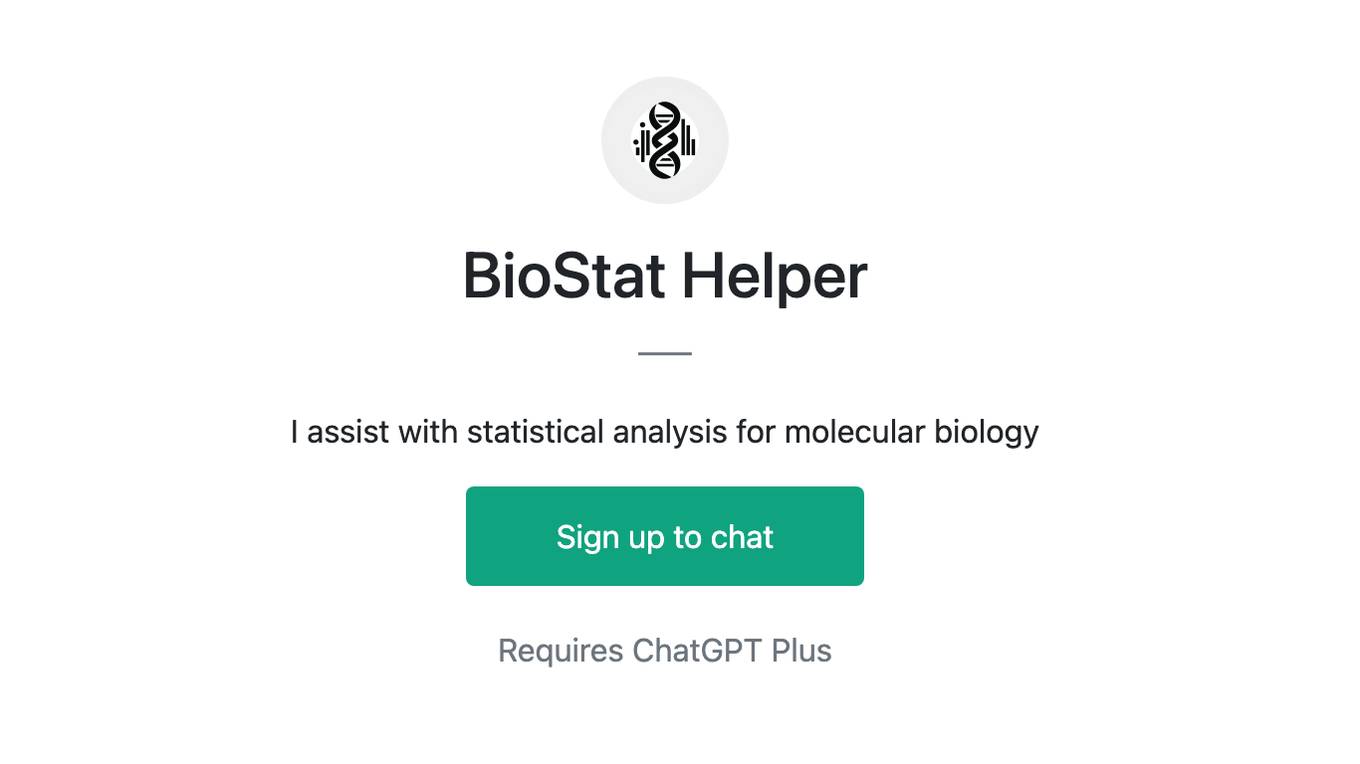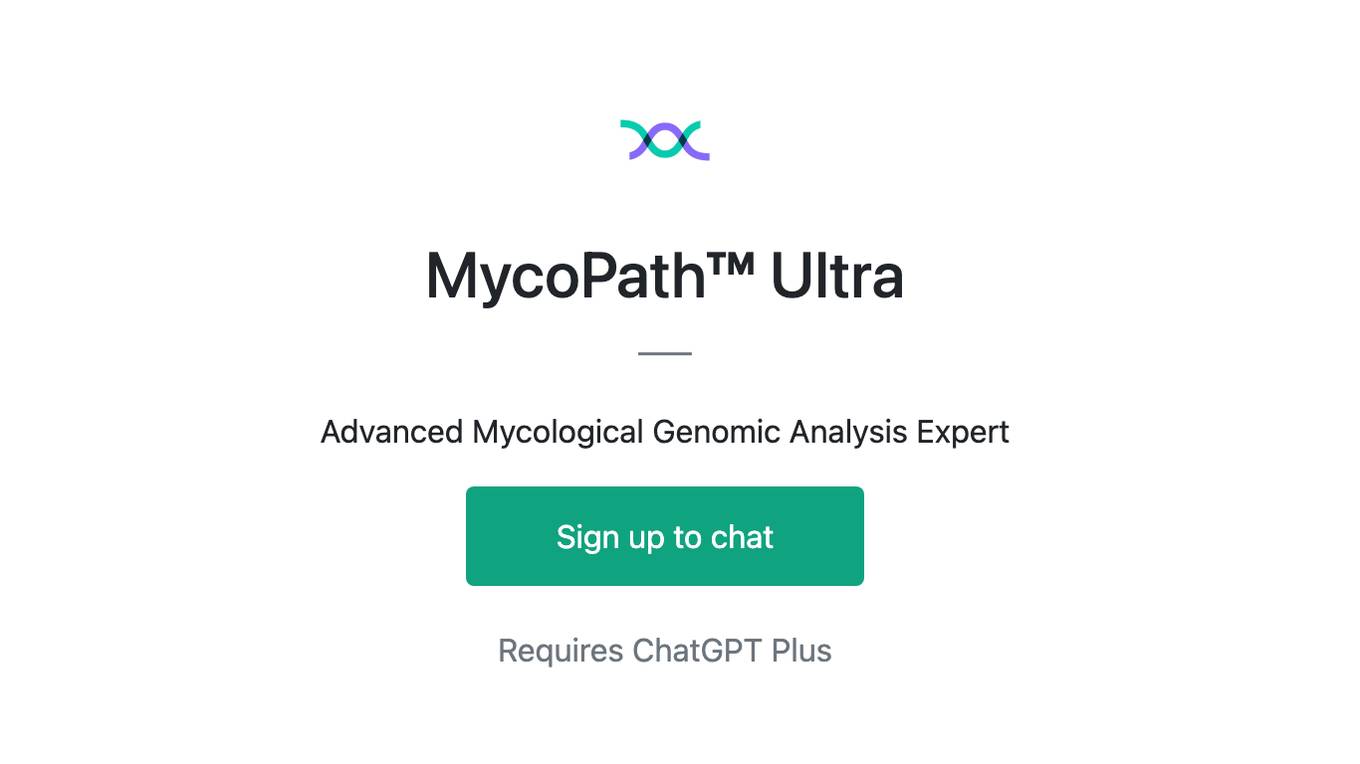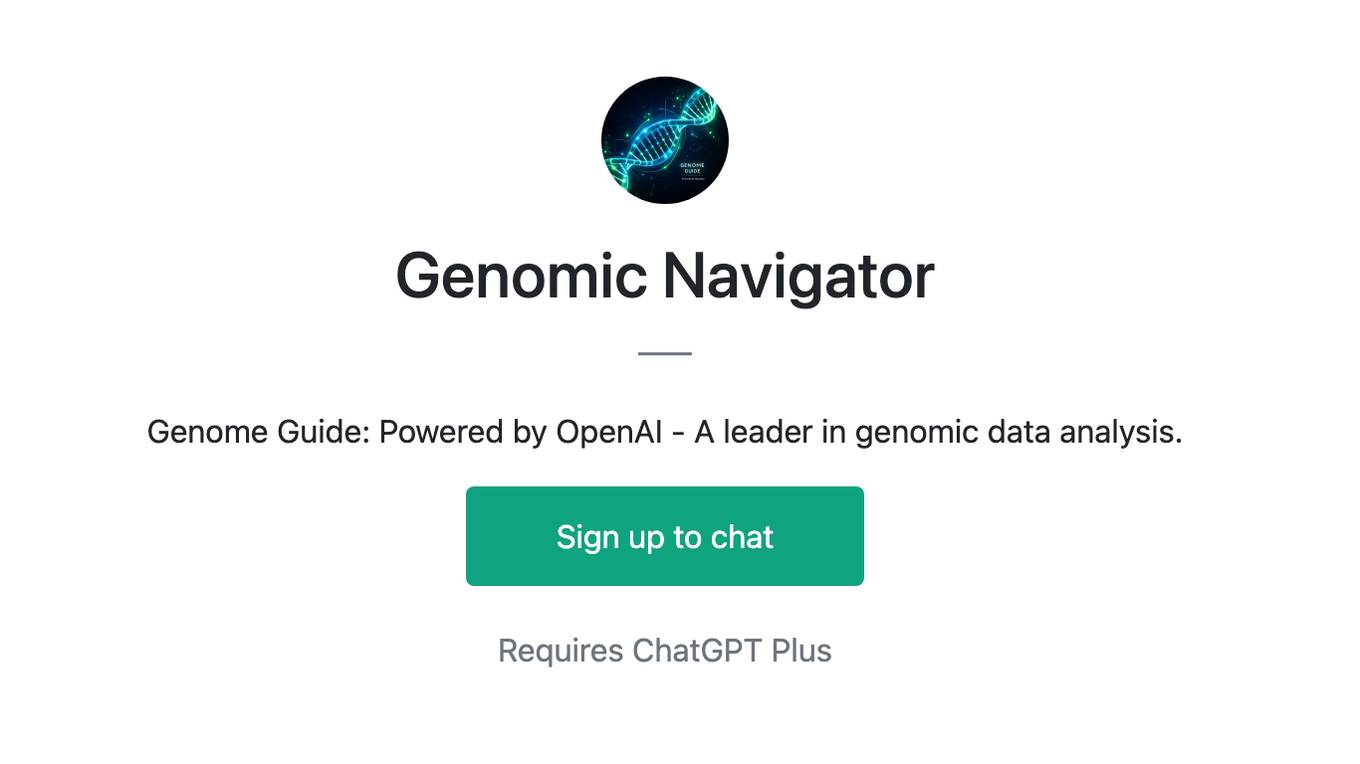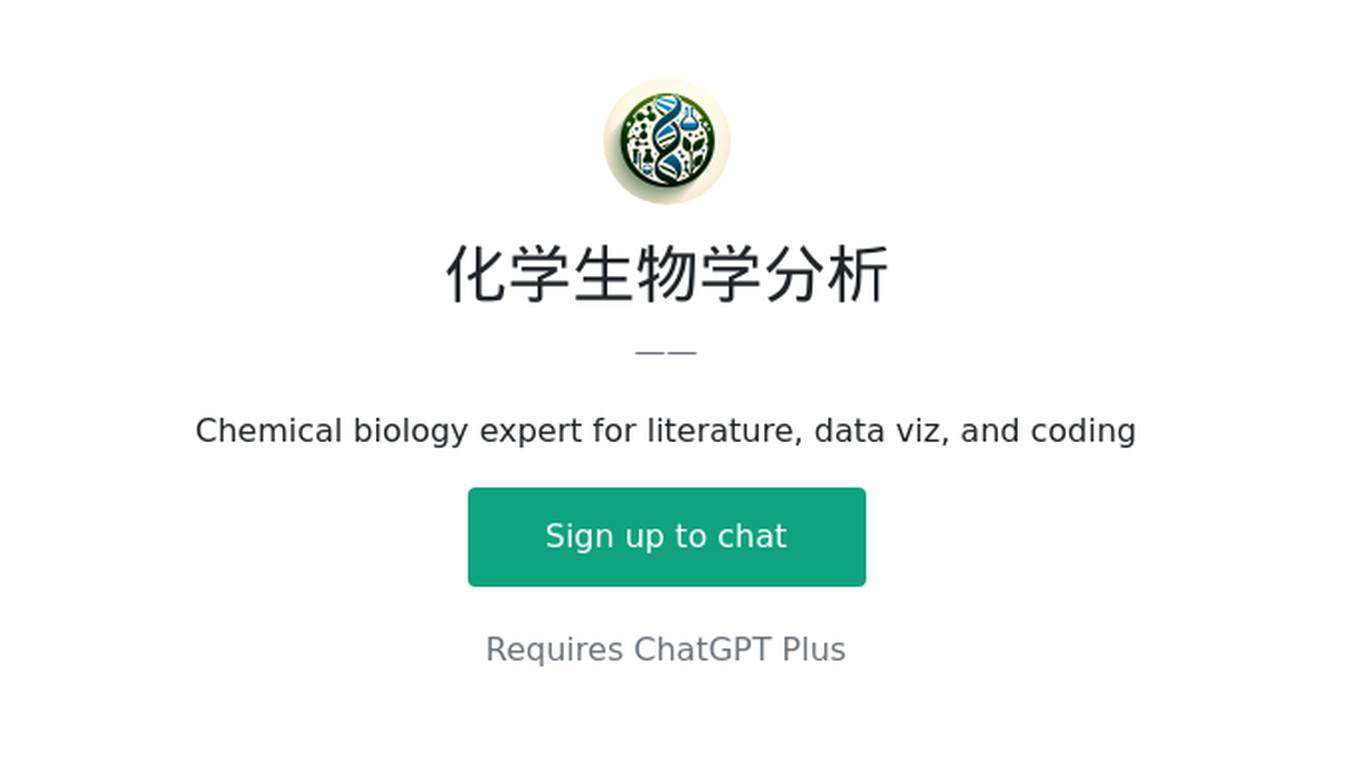Best AI tools for< Bioinformatician >
Infographic
15 - AI tool Sites
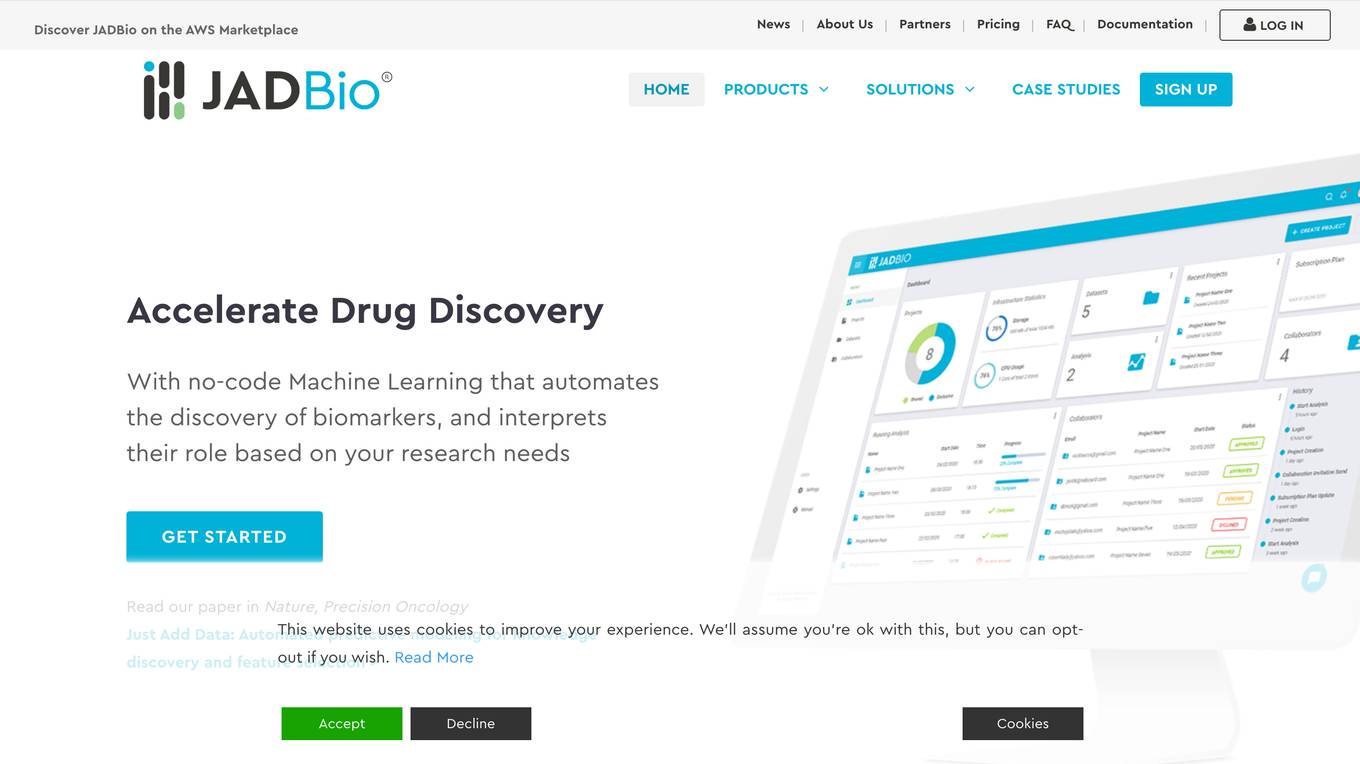
JADBio
JADBio is an automated machine learning (AutoML) platform designed to accelerate biomarker discovery and drug development processes. It offers a no-code solution that automates the discovery of biomarkers and interprets their role based on research needs. JADBio can parse multi-omics data, including genomics, transcriptome, metagenome, proteome, metabolome, phenotype/clinical data, and images, enabling users to efficiently discover insights for various conditions such as cancer, immune system disorders, chronic diseases, infectious diseases, and mental health. The platform is trusted by partners in precision health and medicine and is continuously evolving to disrupt drug discovery times and costs at all stages.
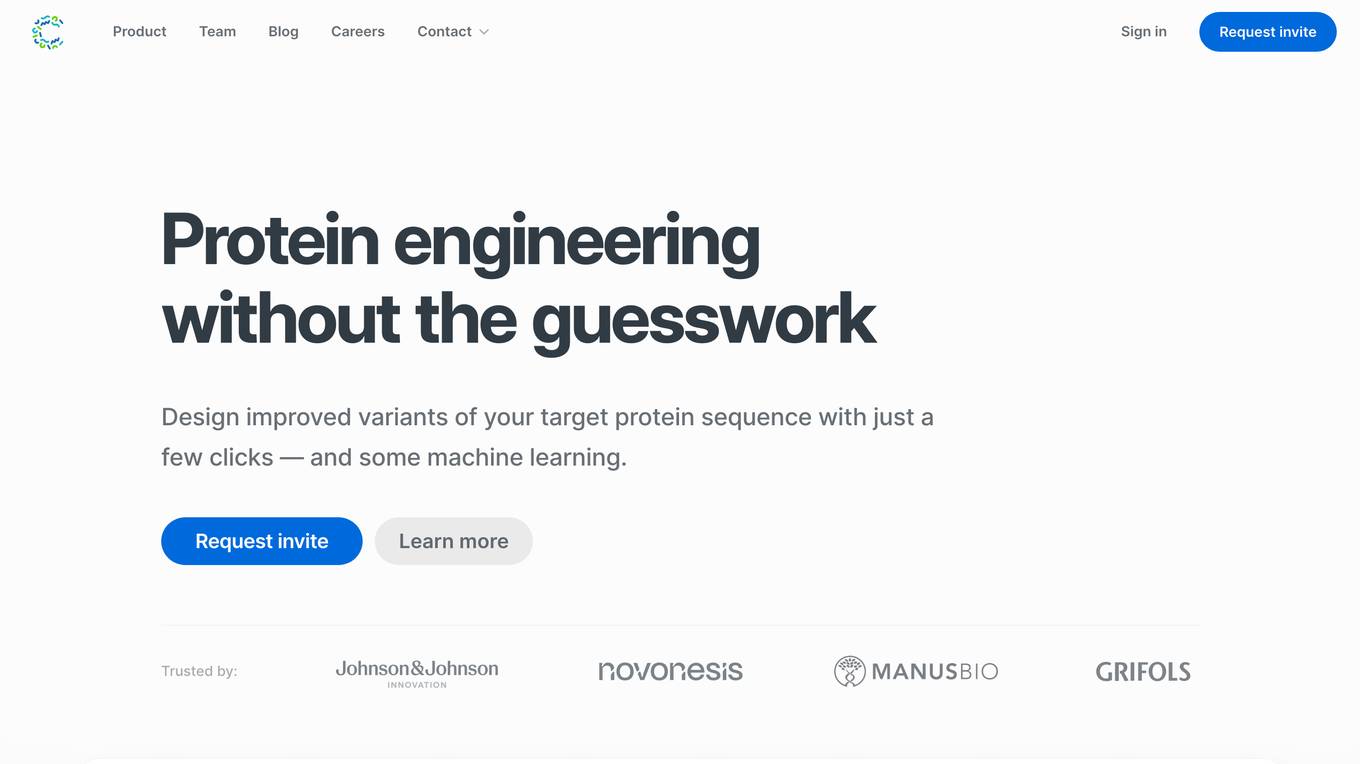
Cradle
Cradle is a protein engineering platform that uses machine learning to design improved protein sequences. It allows users to import assay data, generate new sequences, test them in the lab, and import the results to improve the model. Cradle can be used to optimize multiple properties of a protein simultaneously, and it has been used by leading biotech teams to accelerate new and ongoing projects.
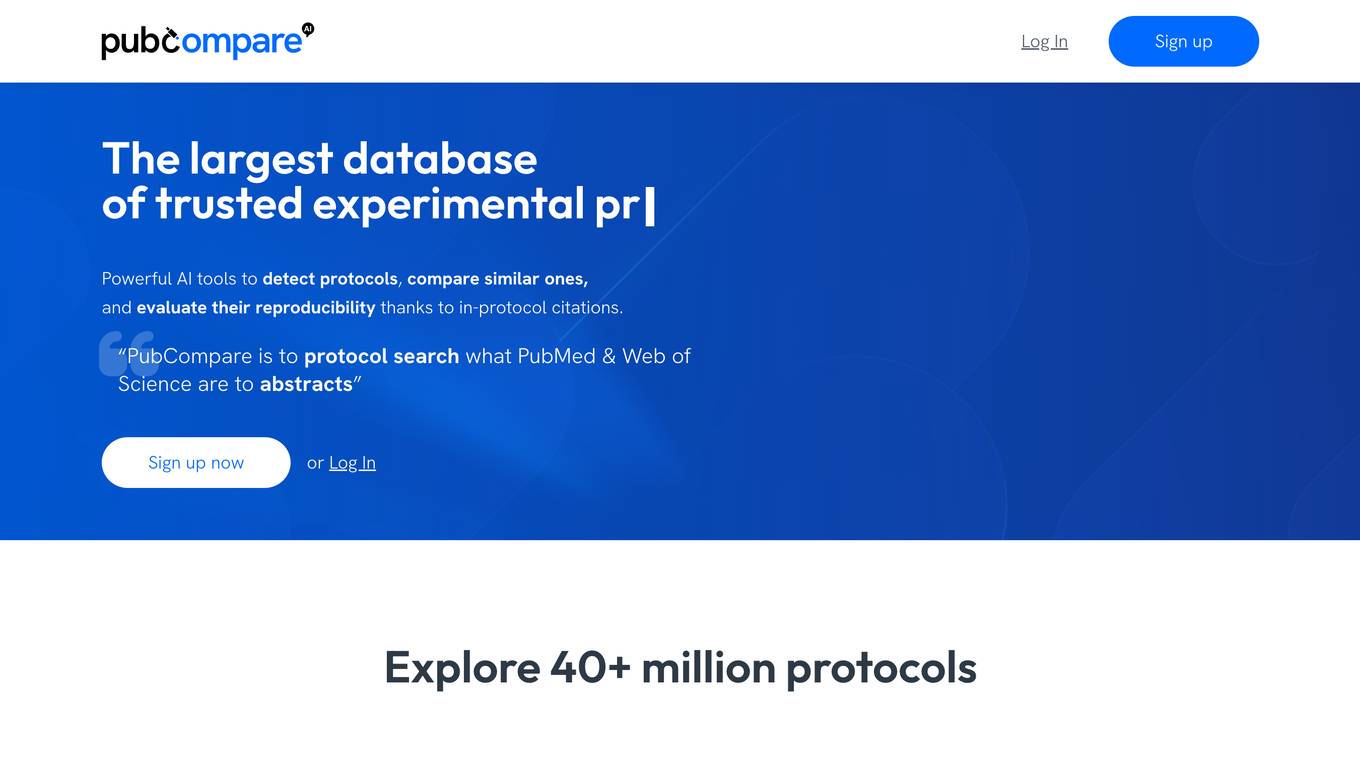
PubCompare
PubCompare is a powerful AI-powered tool that helps scientists search, compare, and evaluate experimental protocols. With over 40 million protocols in its database, PubCompare is the largest repository of trusted experimental protocols. PubCompare's AI-powered search features allow users to find similar protocols, highlight critical steps, and evaluate the reproducibility of protocols based on in-protocol citations. PubCompare is available from any computer and requires no download.
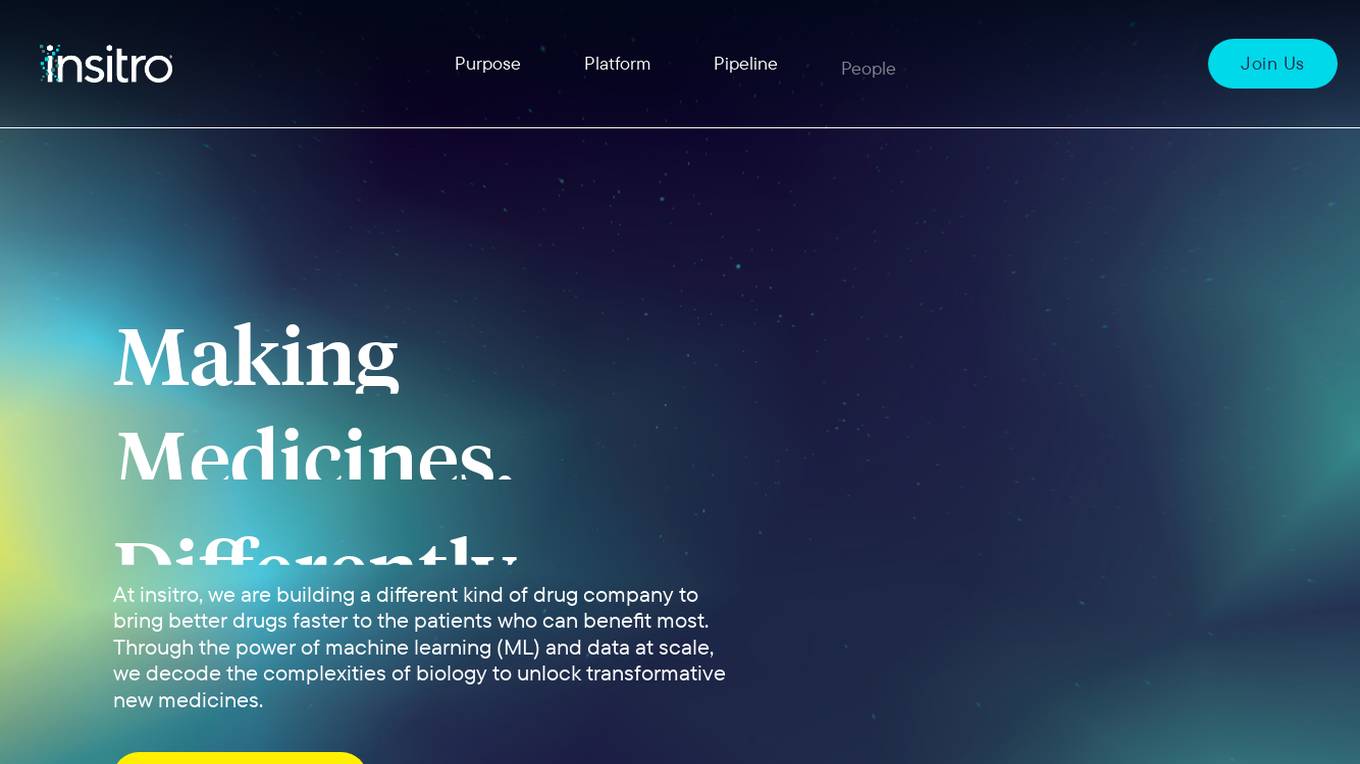
Insitro
Insitro is a drug discovery and development company that uses machine learning and data to identify and develop new medicines. The company's platform integrates in vitro cellular data produced in its labs with human clinical data to help redefine disease. Insitro's pipeline includes wholly-owned and partnered therapeutic programs in metabolism, oncology, and neuroscience.
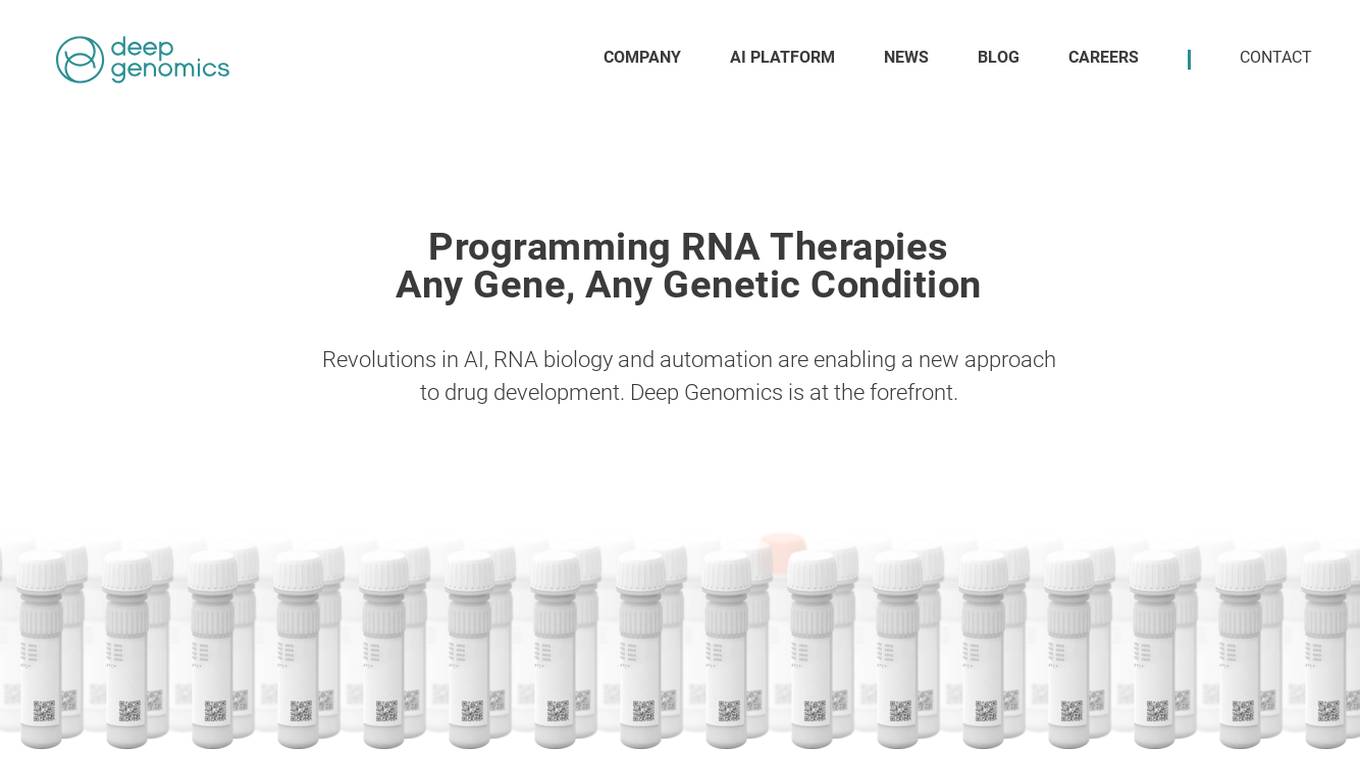
Deep Genomics
Deep Genomics is a company that uses artificial intelligence (AI) to develop RNA therapies for genetic diseases. The company's AI platform is designed to identify novel targets and evaluate thousands of possibilities to identify the best therapeutic candidates. Deep Genomics is currently developing BigRNA+, which will expand the number of mechanisms and genetic variants the company can pursue.
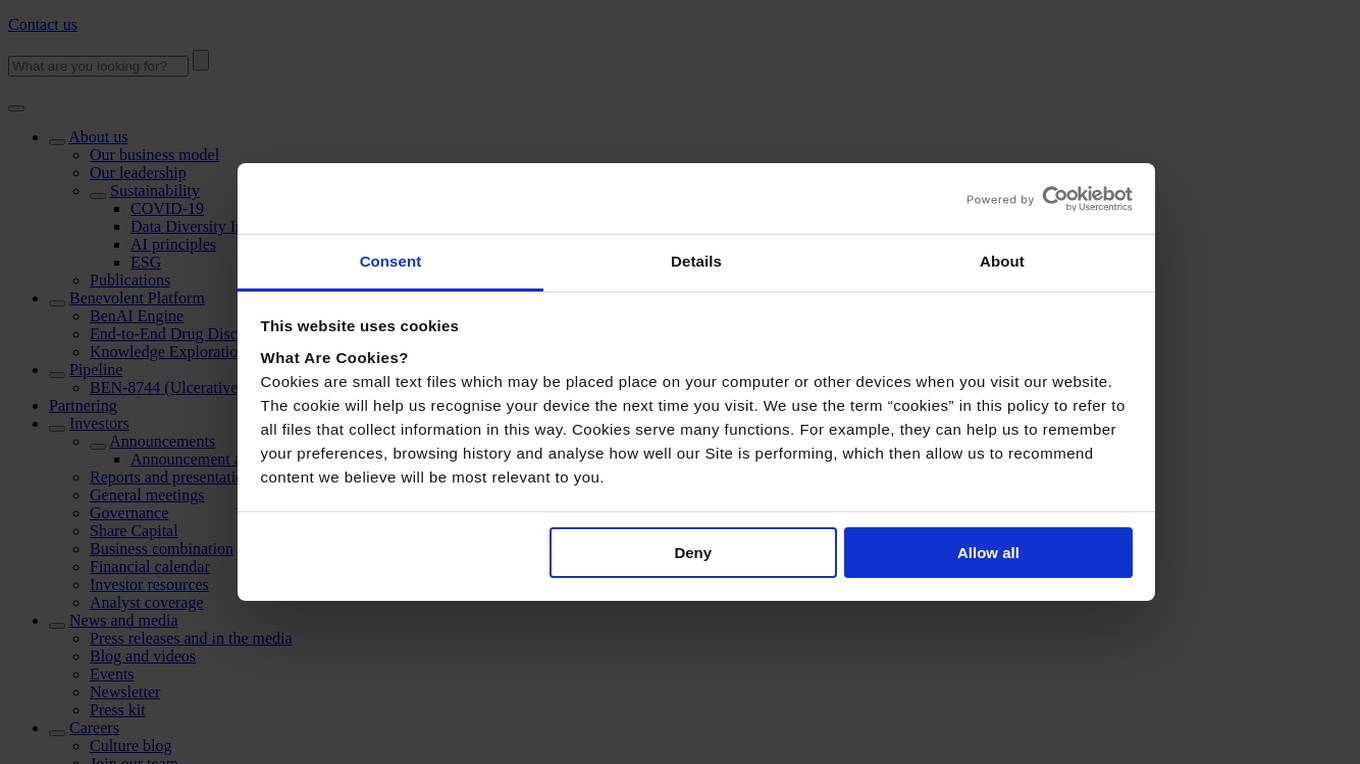
BenevolentAI
BenevolentAI is a leader in applying advanced AI to accelerate biopharma drug discovery blending science and technology with a focus on finding solutions for complex diseases. We empower both biopharmaceutical companies and our internal scientists to harness the full potential of data and AI to accelerate the next generation of scientific advances. We have built our AI-enabled drug discovery engine to drive a revolution in drug discovery. The Benevolent Platform™ unlocks the power of a vast biomedical data landscape to provide a multidimensional representation of human biology across all diseases. We believe this approach will improve the probability of clinical success, and help us deliver life-changing treatments to patients – because it matters.

XtalPi
XtalPi is a world-leading technology company driven by artificial intelligence (AI) and robotics to innovate in the fields of life sciences and new materials. Founded in 2015 at the Massachusetts Institute of Technology (MIT), the company is committed to realizing digital and intelligent innovation in the fields of life sciences and new materials. Based on cutting-edge technologies and capabilities such as quantum physics, artificial intelligence, cloud computing, and large-scale experimental robot clusters, the company provides innovative technologies, services, and products for global industries such as biomedicine, chemicals, new energy, and new materials.
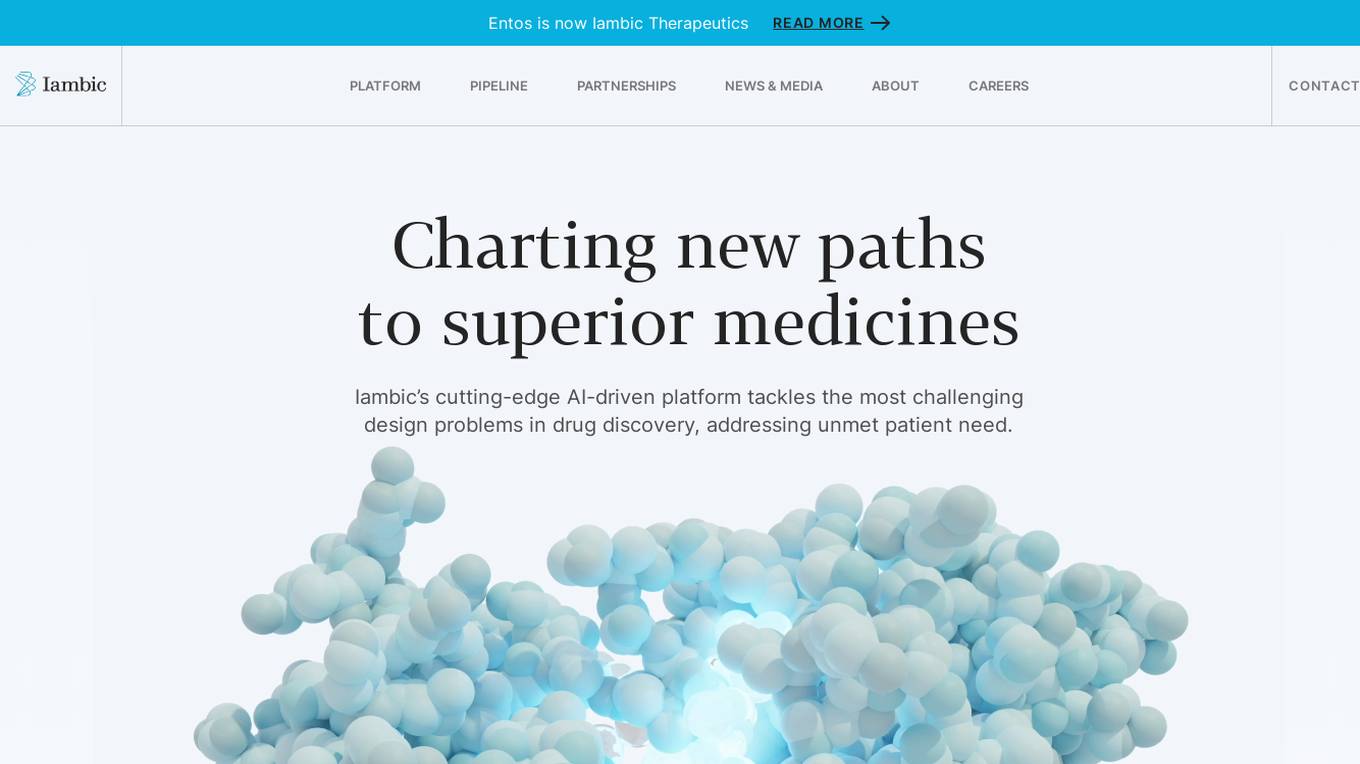
Iambic Therapeutics
Iambic Therapeutics is a cutting-edge AI-driven drug discovery platform that tackles the most challenging design problems in drug discovery, addressing unmet patient need. Its physics-based AI algorithms drive a high-throughput experimental platform, converting new molecular designs to new biological insights each week. Iambic's platform optimizes target product profiles, exploring multiple profiles in parallel to ensure that molecules are designed to solve the right problems in disease biology. It also optimizes drug candidates, deeply exploring chemical space to reveal novel mechanisms of action and deliver diverse high-quality leads.
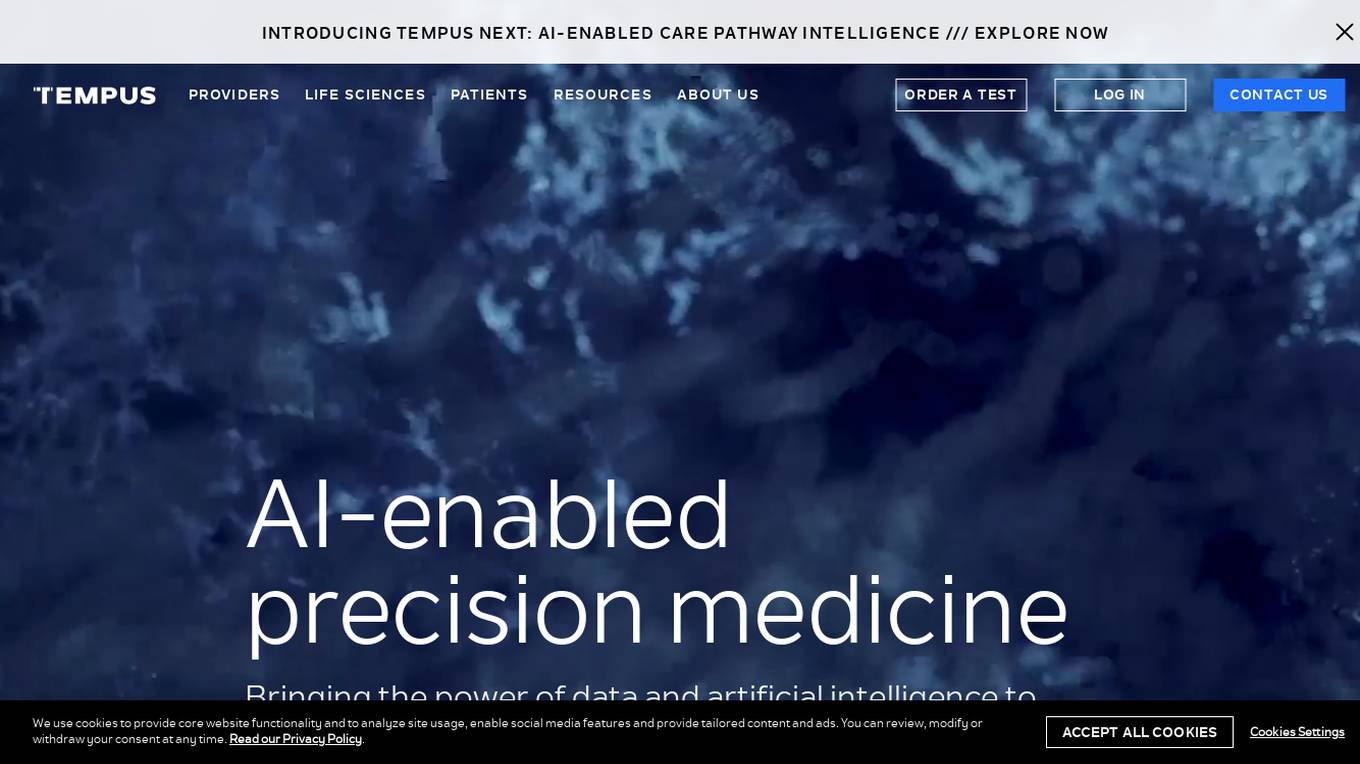
Tempus
Tempus is an AI-enabled precision medicine company that brings the power of data and artificial intelligence to healthcare. With the power of AI, Tempus accelerates the discovery of novel targets, predicts the effectiveness of treatments, identifies potentially life-saving clinical trials, and diagnoses multiple diseases earlier. Tempus' innovative technology includes ONE, an AI-enabled clinical assistant; NEXT, which identifies and closes gaps in care; LENS, which finds, accesses, and analyzes multimodal real-world data; and ALGOS, algorithmic models connected to Tempus' assays to provide additional insight.
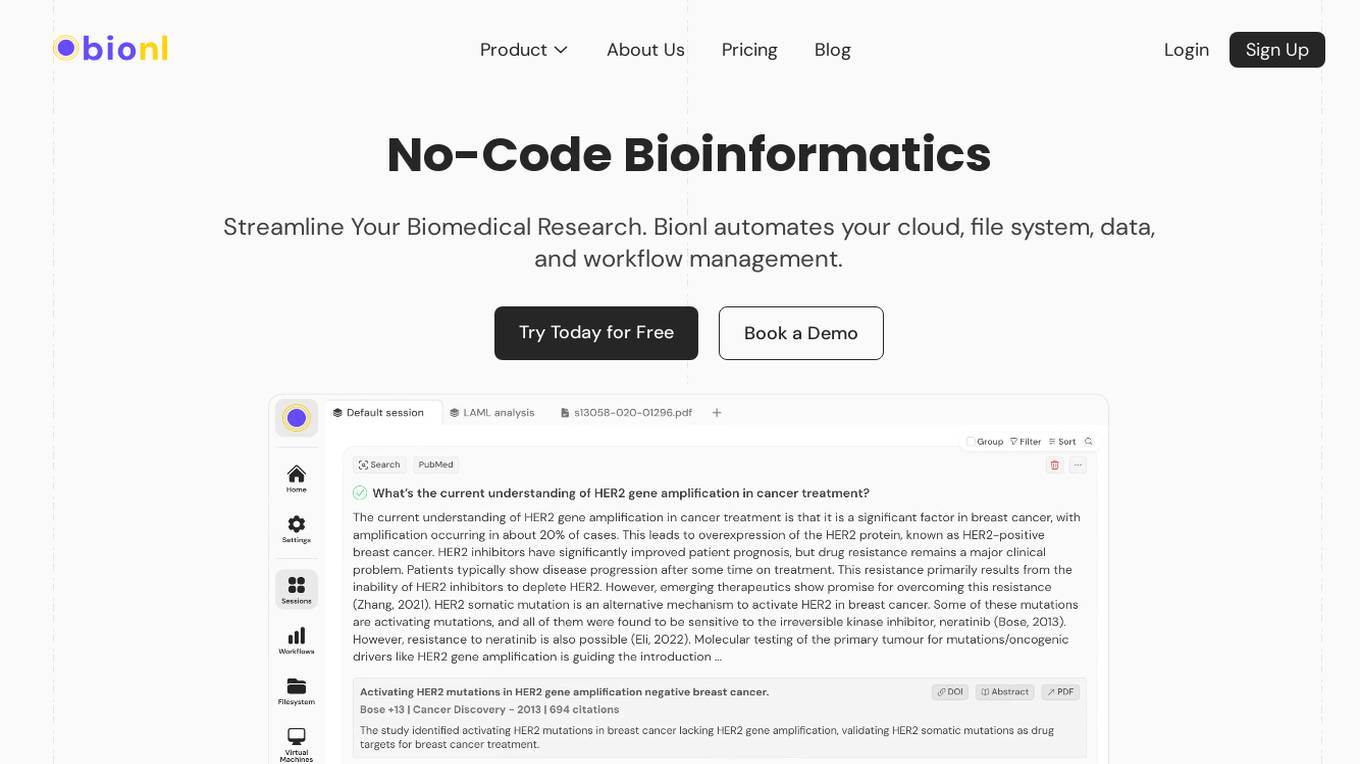
Bionl
Bionl is a no-code bioinformatics platform designed to streamline biomedical research for researchers and scientists. It offers a full workspace with features such as bioinformatics pipelines customization, GenAI for data analysis, AI-powered literature search, PDF analysis, and access to public datasets. Bionl aims to automate cloud, file system, data, and workflow management for efficient and precise analyses. The platform caters to Pharma and Biotech companies, academic researchers, and bioinformatics CROs, providing powerful tools for genetic analysis and speeding up research processes.
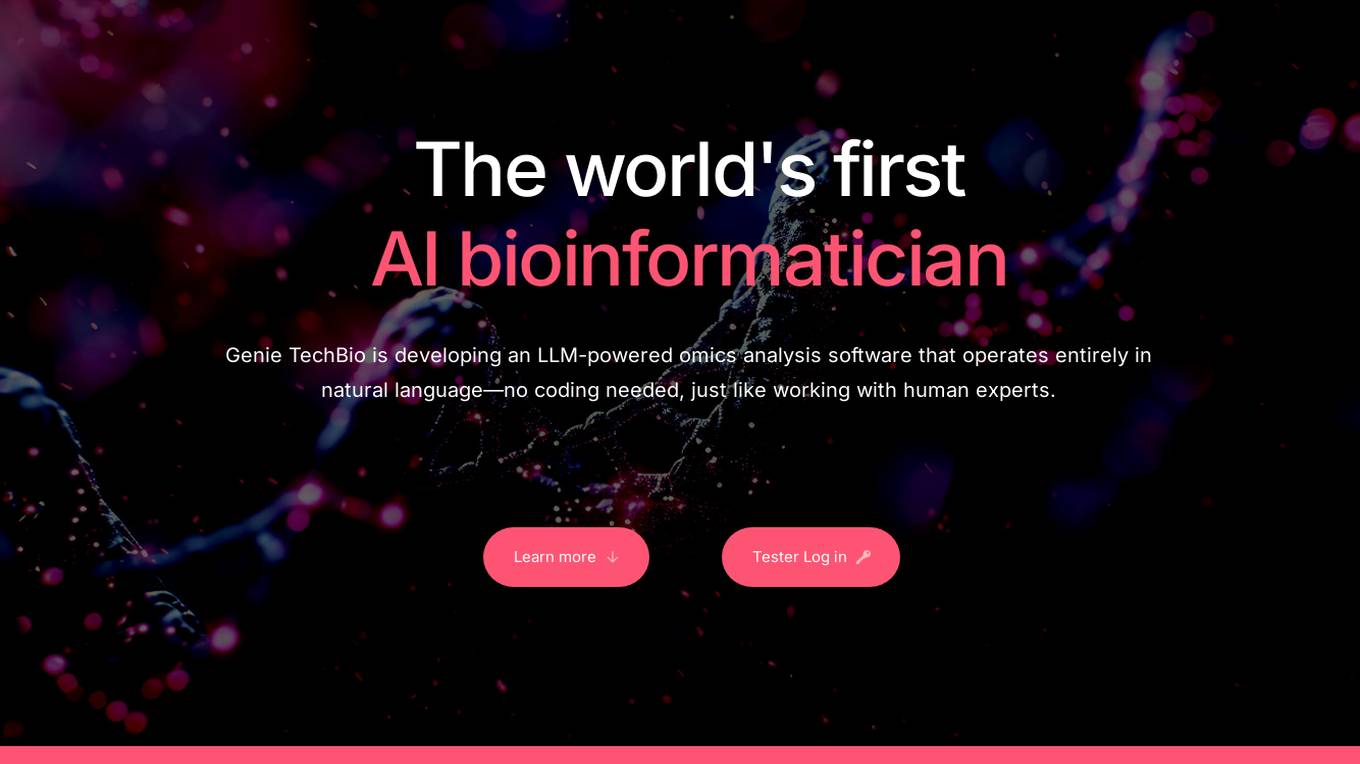
Genie TechBio
Genie TechBio is the world's first AI bioinformatician, offering an LLM-powered omics analysis software that operates entirely in natural language, eliminating the need for coding. Researchers can effortlessly analyze extensive datasets by engaging in a conversation with Genie, receiving recommendations for analysis pipelines, and obtaining results. The tool aims to accelerate biomedical research and empower scientists with newfound data analysis capabilities.

HoloEye.AI
HoloEye.AI is a transformative AI biological intelligence company that leverages cutting-edge artificial intelligence technology to revolutionize the field of biological research. The platform offers advanced AI solutions for analyzing complex biological data, enabling researchers to gain deeper insights and accelerate scientific discoveries.
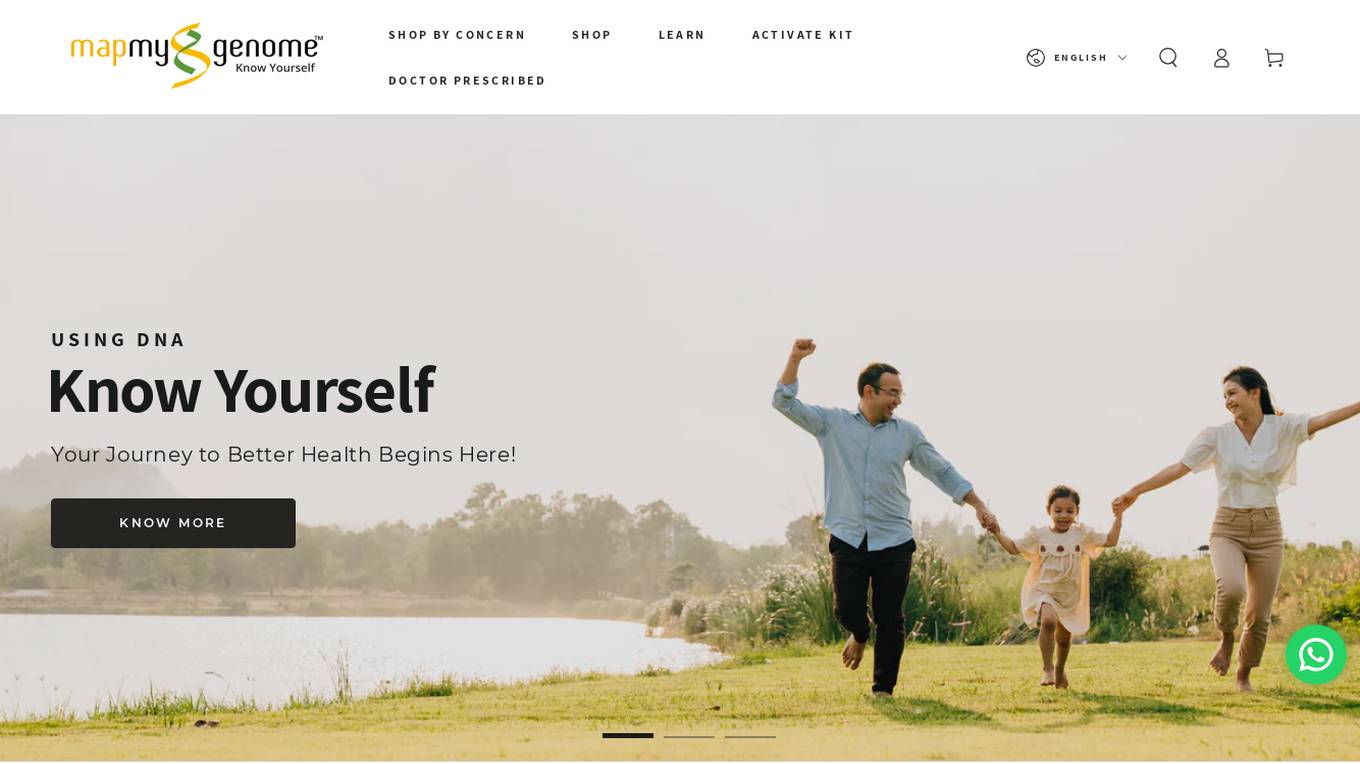
Mapmygenome
Mapmygenome is an AI-powered platform that offers DNA testing products for health, fitness, and beauty. It provides personalized insights based on genetic analysis to help individuals make informed decisions about their health, wellness, and lifestyle choices. With over 23 years of genomics experience and the latest sequencing technology, Mapmygenome aims to empower users to take proactive steps towards improving their overall well-being.
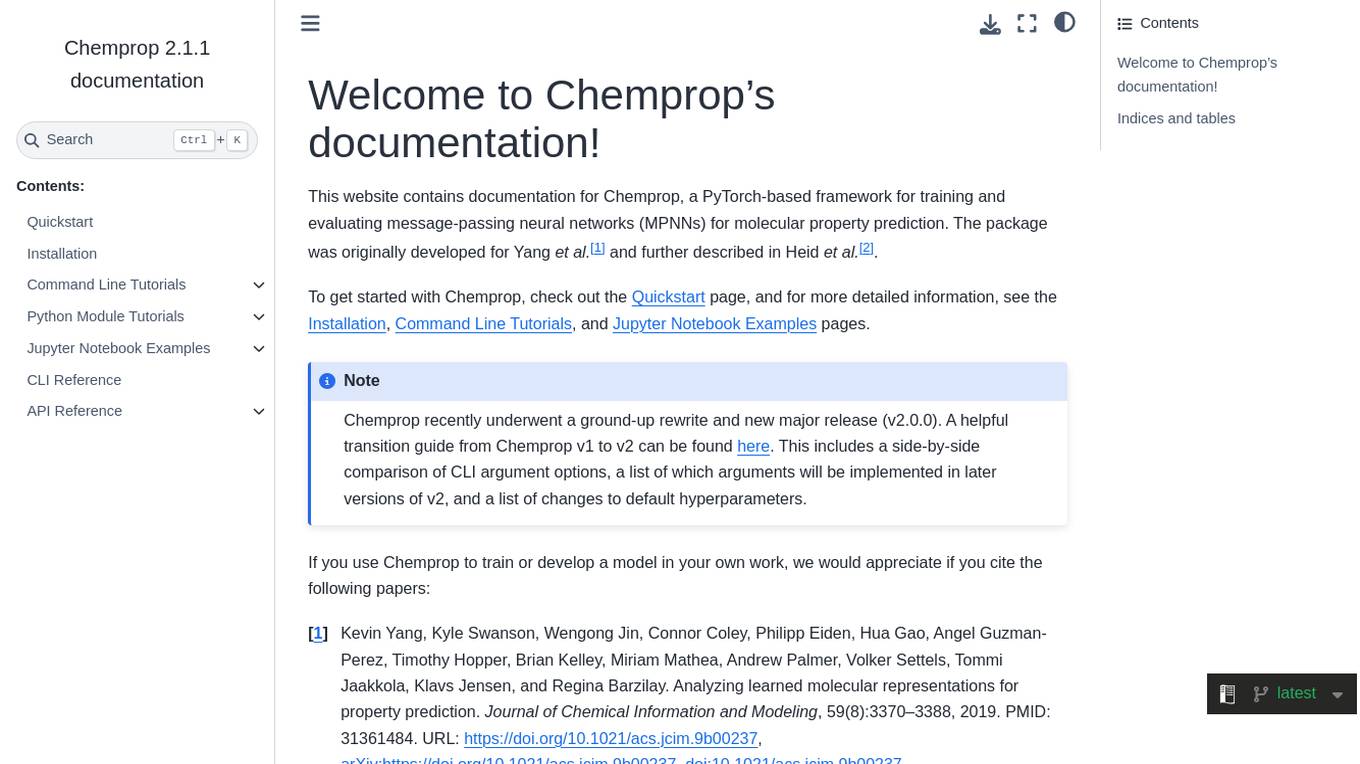
Chemprop
Chemprop is a PyTorch-based framework for training and evaluating message-passing neural networks (MPNNs) for molecular property prediction. Originally developed for research purposes, Chemprop offers a comprehensive set of tools and features for training models and analyzing molecular representations. The package underwent a recent major release (v2.0.0) with significant improvements and updates.
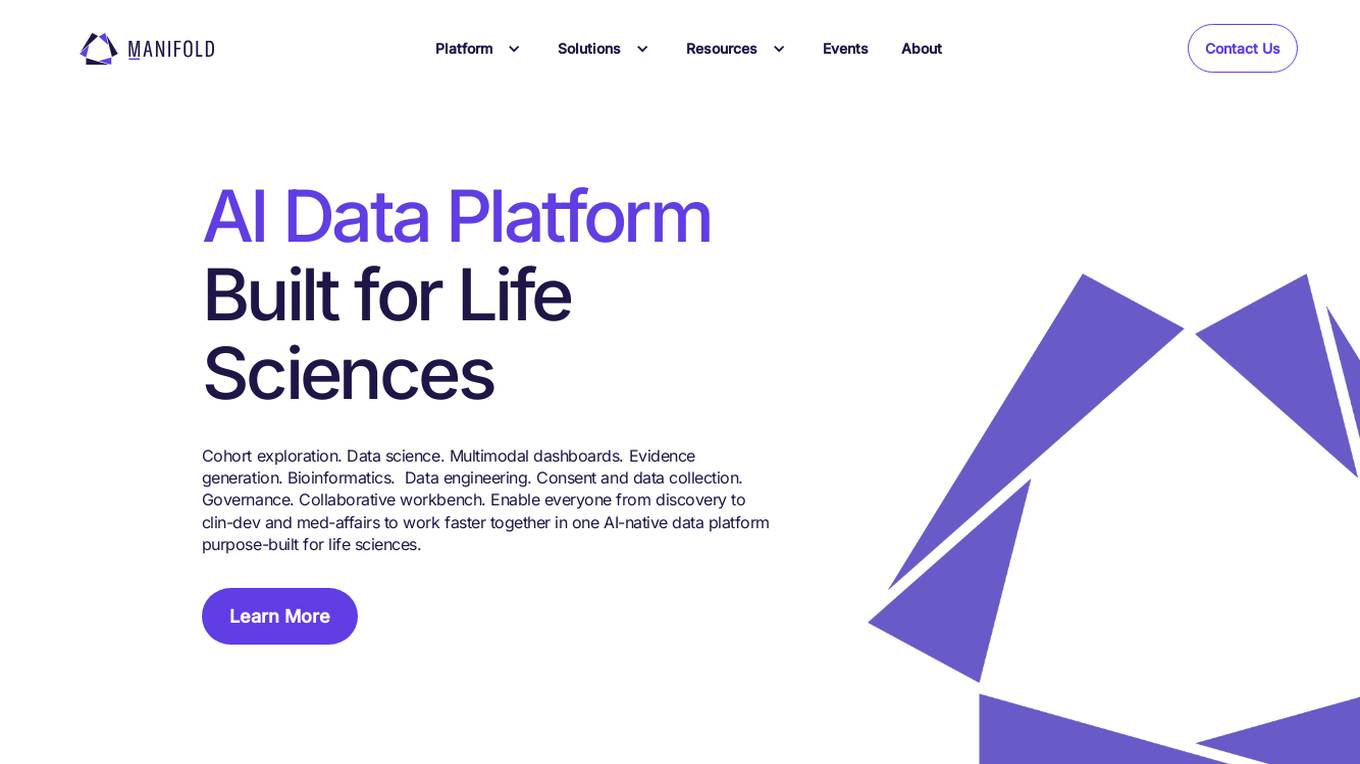
Manifold
Manifold is an AI data platform designed specifically for life sciences. It offers a collaborative workbench, data science tools, AI-powered cohort exploration, batch bioinformatics, data dashboards, data engineering solutions, access control, and more. The platform aims to enable faster collaboration and research in the life sciences field by providing a comprehensive suite of tools and features. Trusted by leading institutions, Manifold helps streamline data collection, analysis, and collaboration to accelerate scientific research.
14 - Open Source Tools
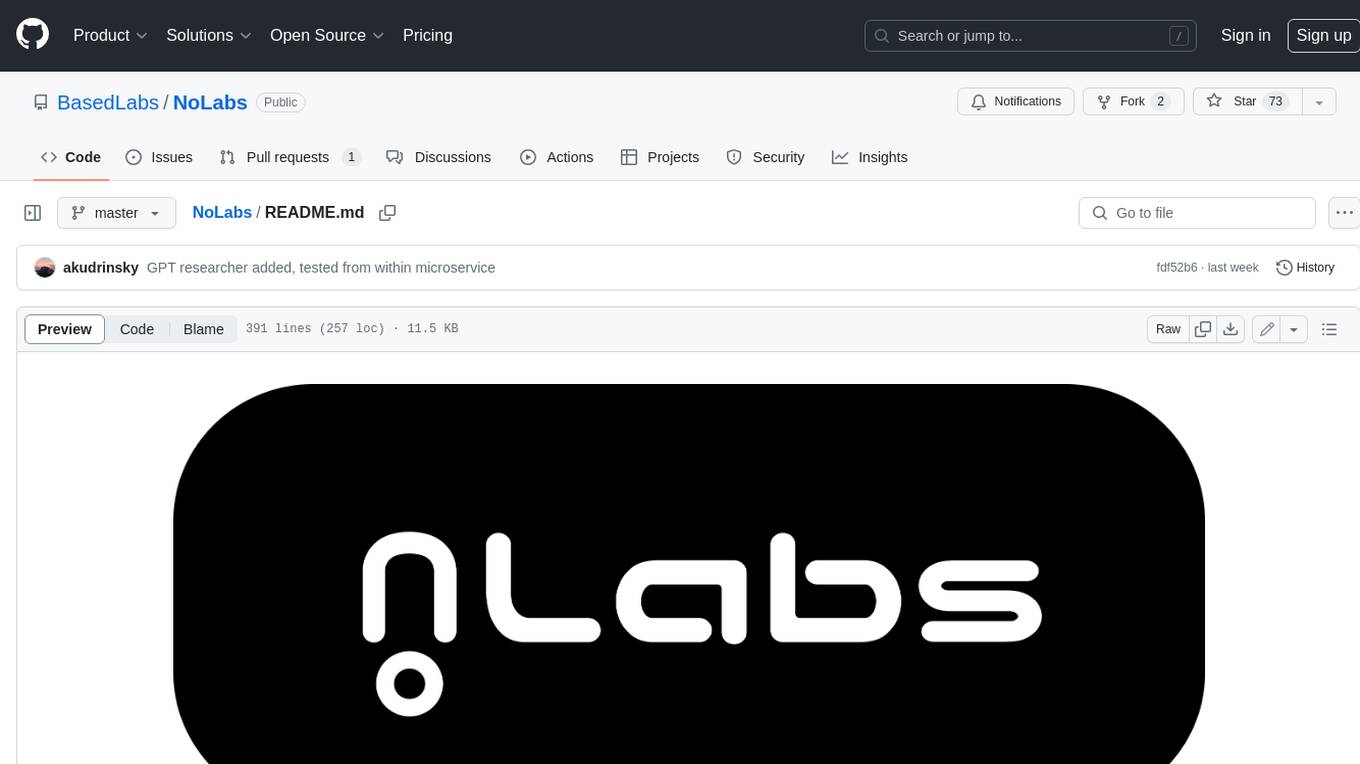
NoLabs
NoLabs is an open-source biolab that provides easy access to state-of-the-art models for bio research. It supports various tasks, including drug discovery, protein analysis, and small molecule design. NoLabs aims to accelerate bio research by making inference models accessible to everyone.
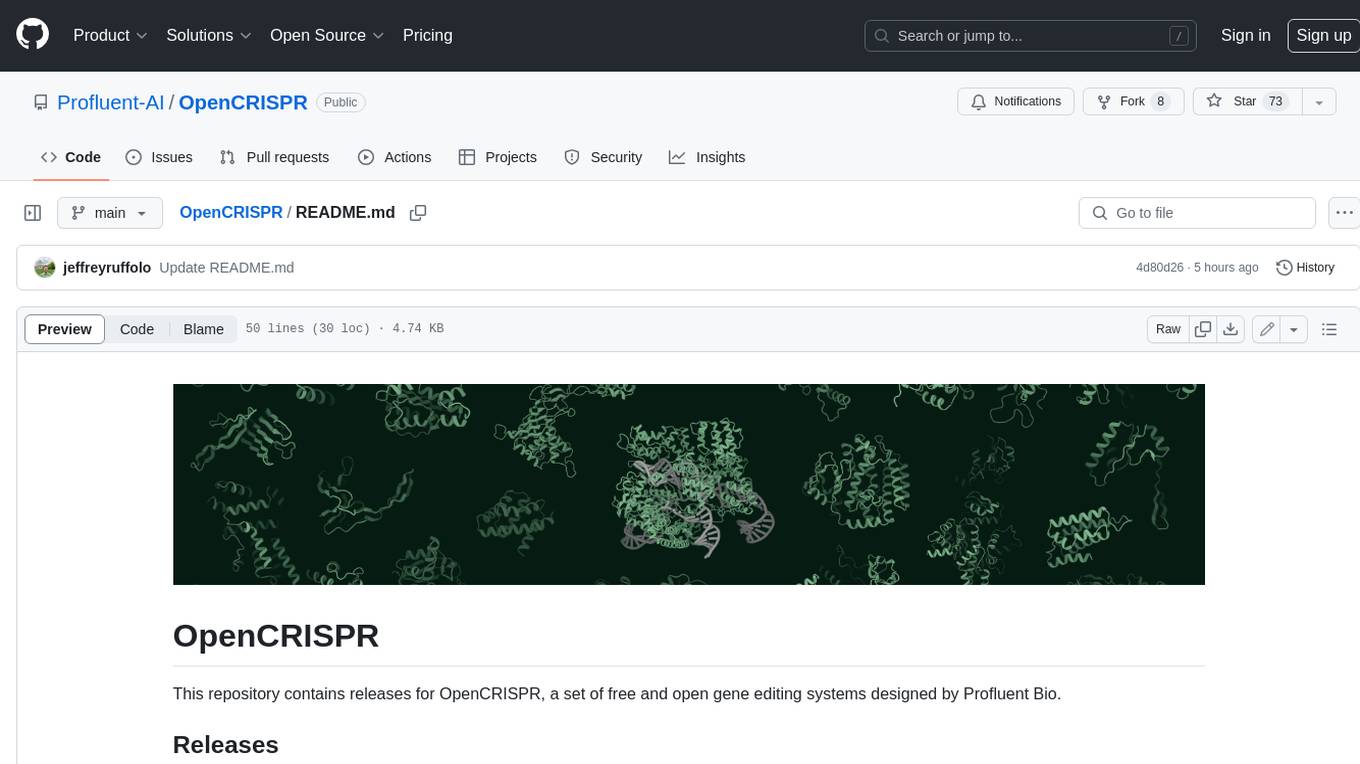
OpenCRISPR
OpenCRISPR is a set of free and open gene editing systems designed by Profluent Bio. The OpenCRISPR-1 protein maintains the prototypical architecture of a Type II Cas9 nuclease but is hundreds of mutations away from SpCas9 or any other known natural CRISPR-associated protein. You can view OpenCRISPR-1 as a drop-in replacement for many protocols that need a cas9-like protein with an NGG PAM and you can even use it with canonical SpCas9 gRNAs. OpenCRISPR-1 can be fused in a deactivated or nickase format for next generation gene editing techniques like base, prime, or epigenome editing.
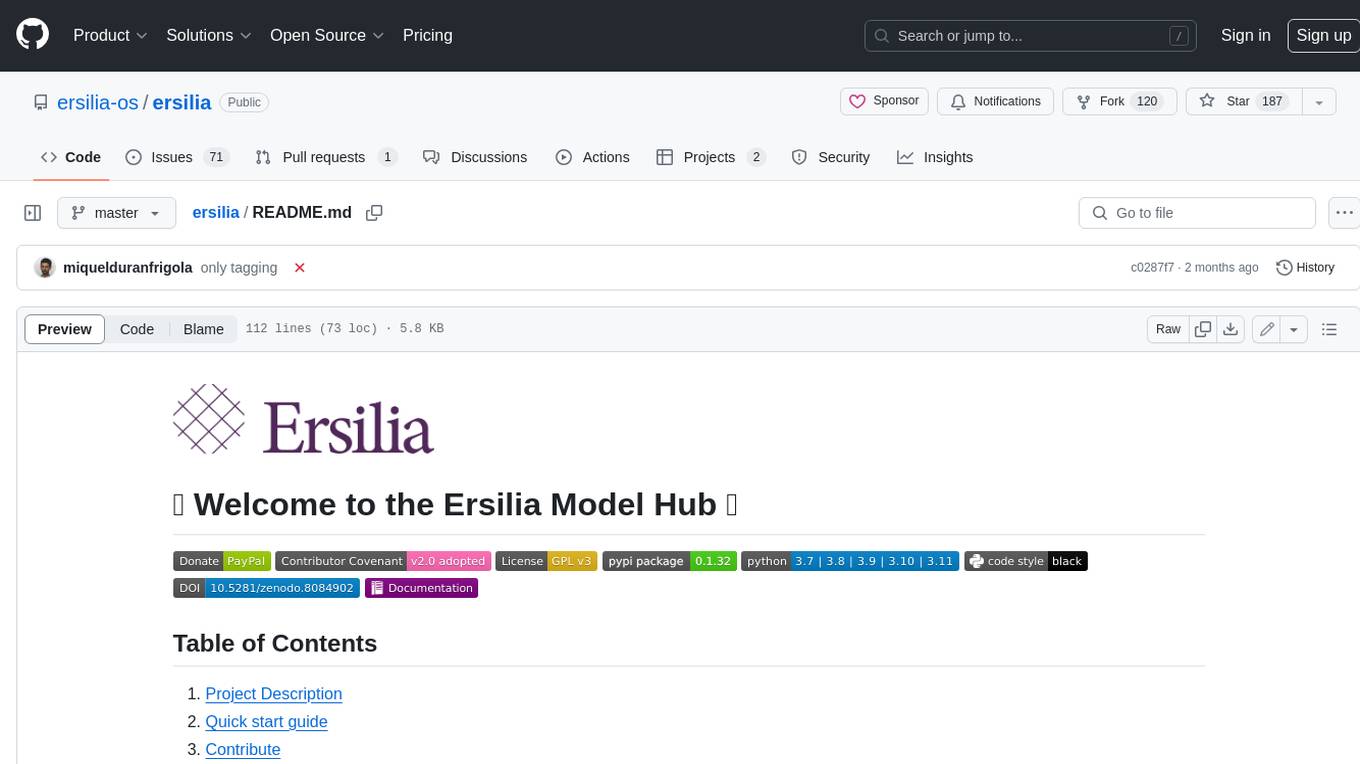
ersilia
The Ersilia Model Hub is a unified platform of pre-trained AI/ML models dedicated to infectious and neglected disease research. It offers an open-source, low-code solution that provides seamless access to AI/ML models for drug discovery. Models housed in the hub come from two sources: published models from literature (with due third-party acknowledgment) and custom models developed by the Ersilia team or contributors.

ontogpt
OntoGPT is a Python package for extracting structured information from text using large language models, instruction prompts, and ontology-based grounding. It provides a command line interface and a minimal web app for easy usage. The tool has been evaluated on test data and is used in related projects like TALISMAN for gene set analysis. OntoGPT enables users to extract information from text by specifying relevant terms and provides the extracted objects as output.
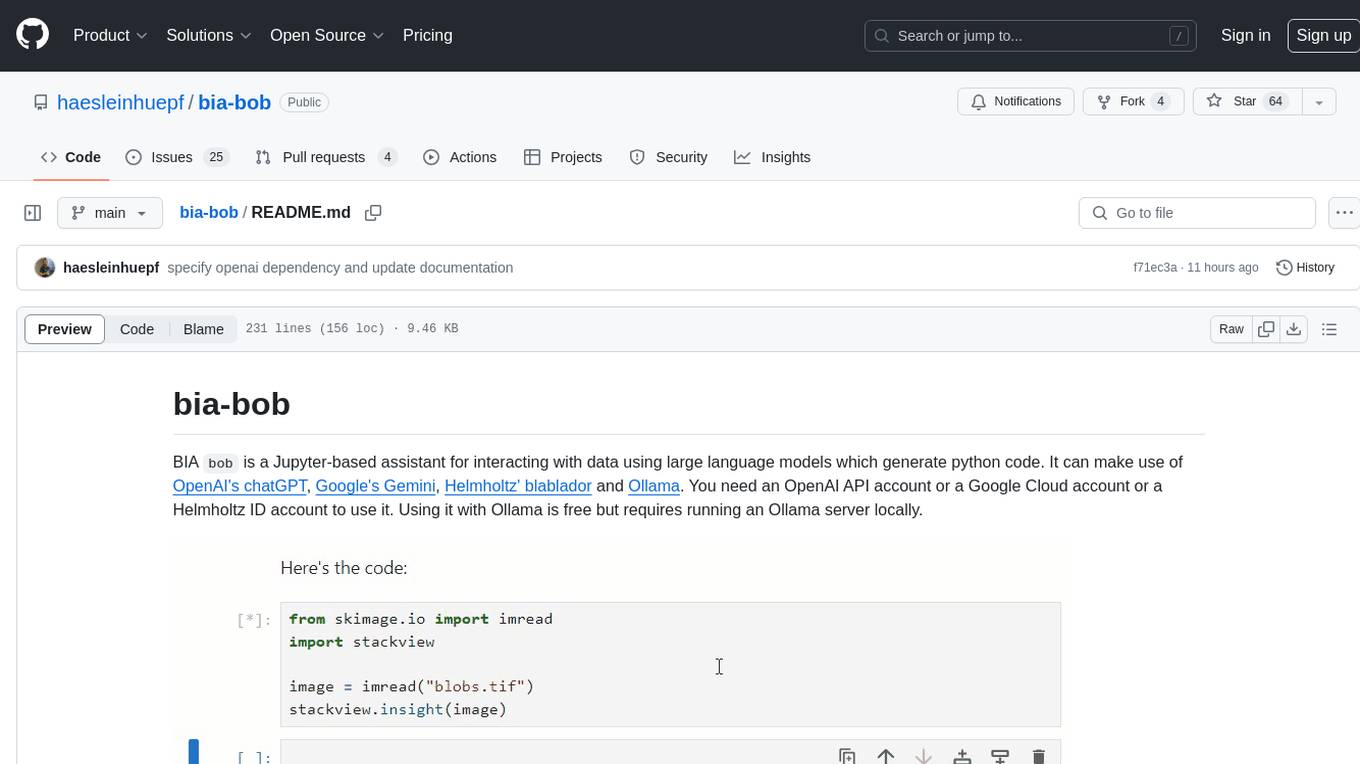
bia-bob
BIA `bob` is a Jupyter-based assistant for interacting with data using large language models to generate Python code. It can utilize OpenAI's chatGPT, Google's Gemini, Helmholtz' blablador, and Ollama. Users need respective accounts to access these services. Bob can assist in code generation, bug fixing, code documentation, GPU-acceleration, and offers a no-code custom Jupyter Kernel. It provides example notebooks for various tasks like bio-image analysis, model selection, and bug fixing. Installation is recommended via conda/mamba environment. Custom endpoints like blablador and ollama can be used. Google Cloud AI API integration is also supported. The tool is extensible for Python libraries to enhance Bob's functionality.
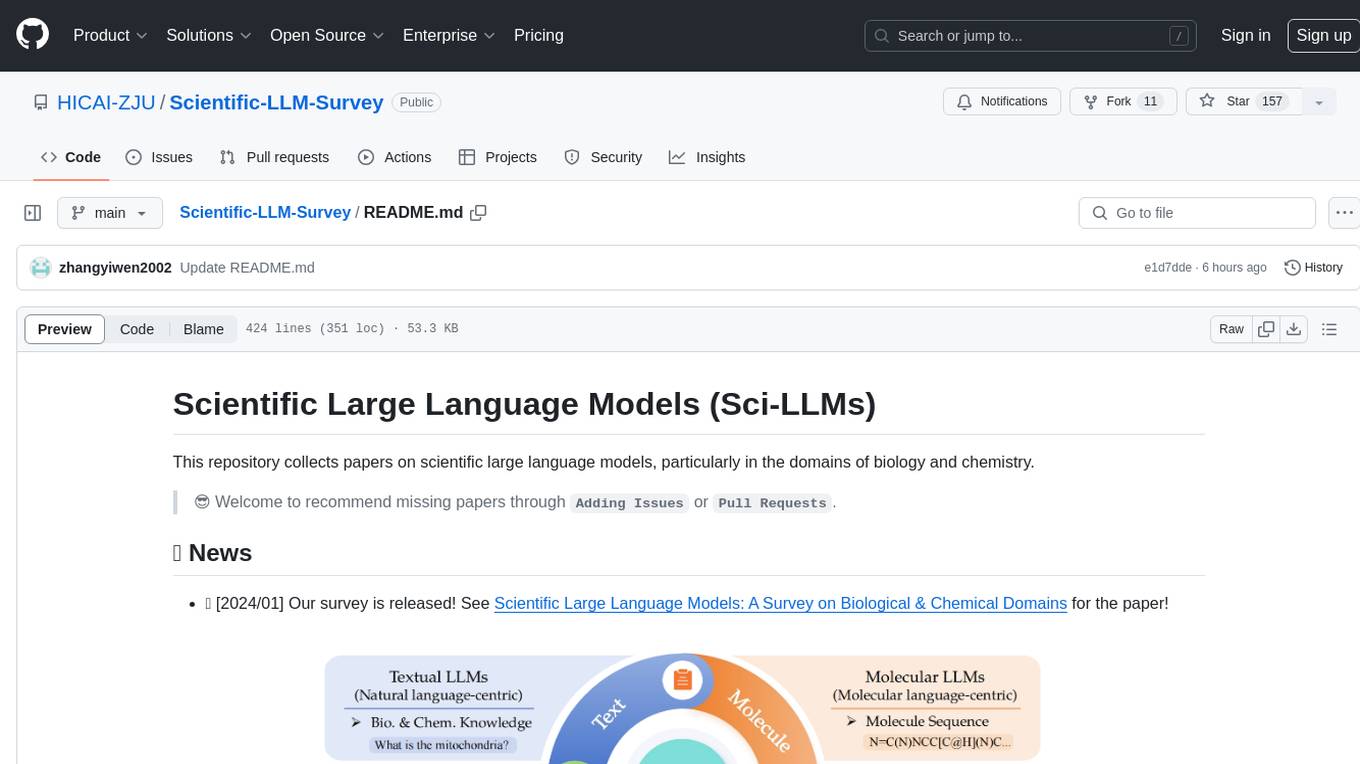
Scientific-LLM-Survey
Scientific Large Language Models (Sci-LLMs) is a repository that collects papers on scientific large language models, focusing on biology and chemistry domains. It includes textual, molecular, protein, and genomic languages, as well as multimodal language. The repository covers various large language models for tasks such as molecule property prediction, interaction prediction, protein sequence representation, protein sequence generation/design, DNA-protein interaction prediction, and RNA prediction. It also provides datasets and benchmarks for evaluating these models. The repository aims to facilitate research and development in the field of scientific language modeling.
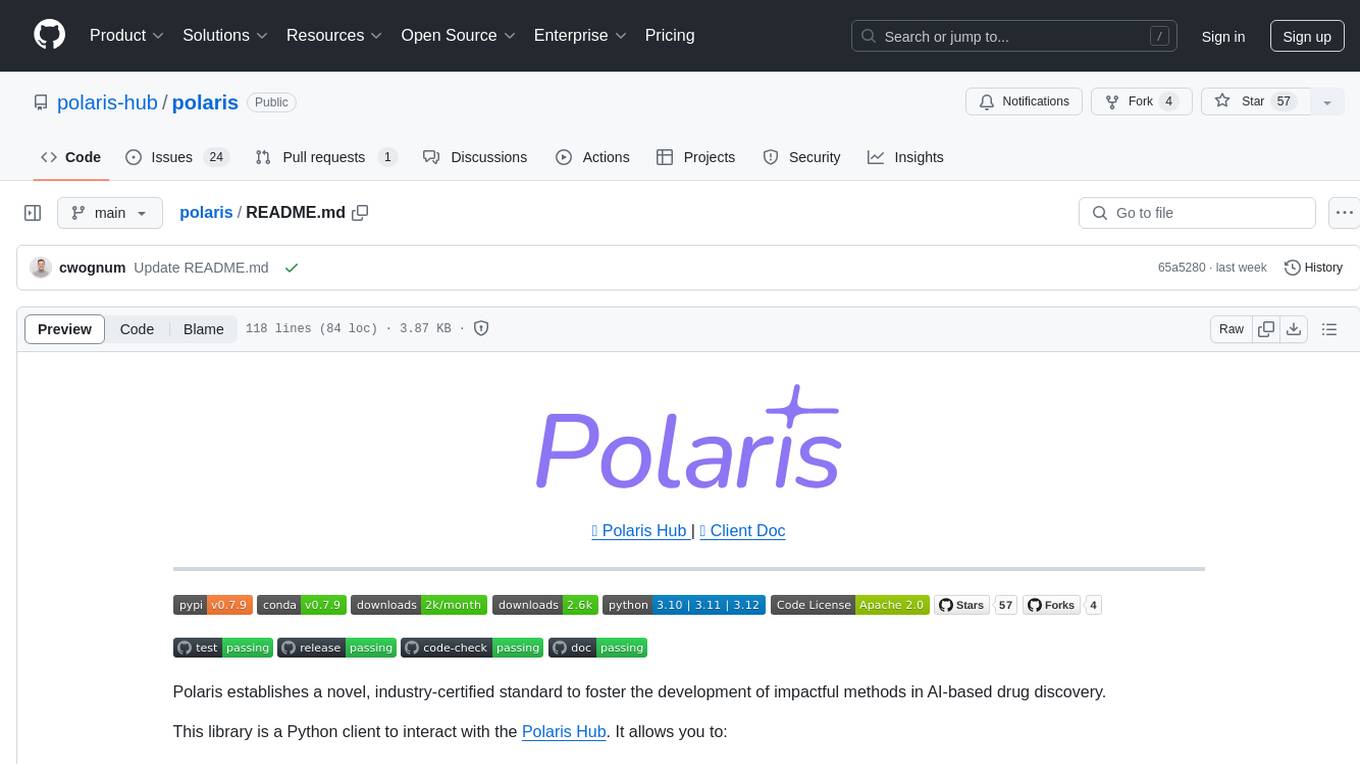
polaris
Polaris establishes a novel, industry‑certified standard to foster the development of impactful methods in AI-based drug discovery. This library is a Python client to interact with the Polaris Hub. It allows you to download Polaris datasets and benchmarks, evaluate a custom method against a Polaris benchmark, and create and upload new datasets and benchmarks.
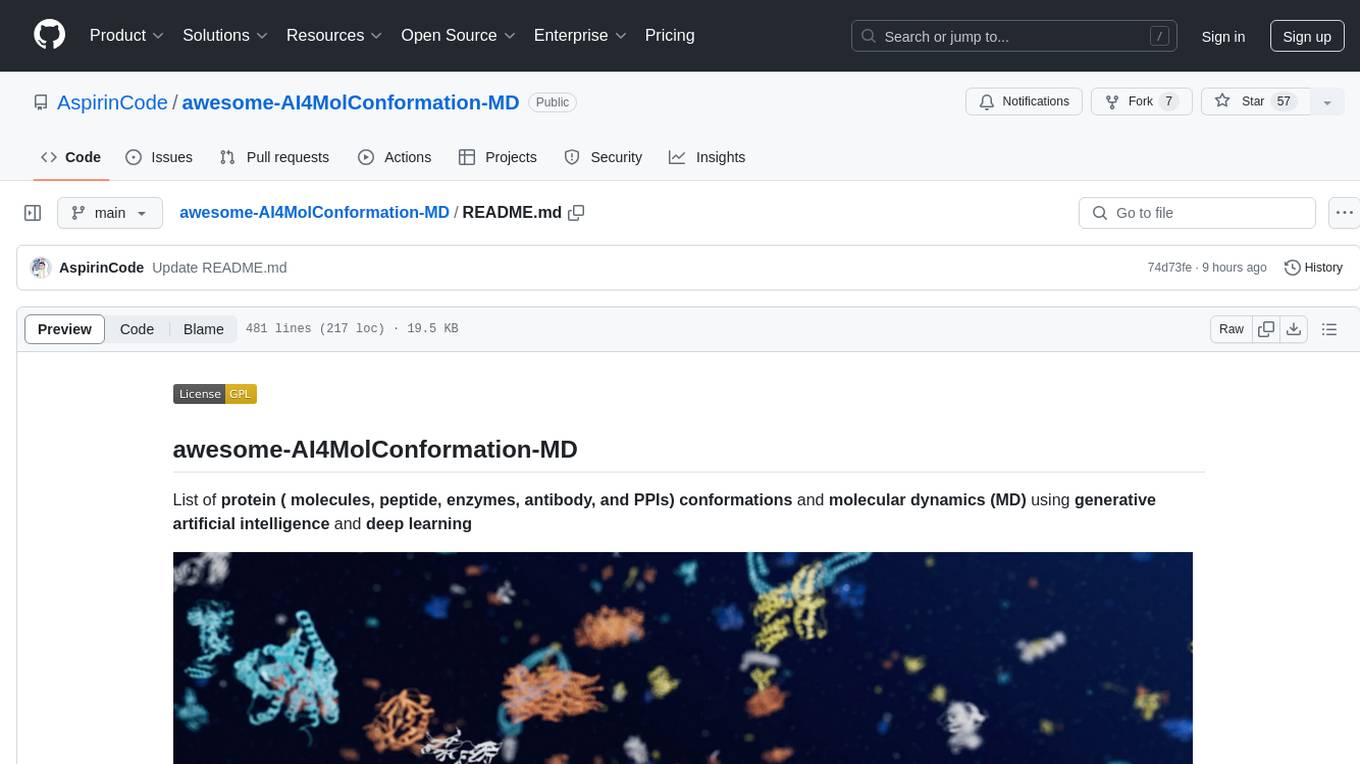
awesome-AI4MolConformation-MD
The 'awesome-AI4MolConformation-MD' repository focuses on protein conformations and molecular dynamics using generative artificial intelligence and deep learning. It provides resources, reviews, datasets, packages, and tools related to AI-driven molecular dynamics simulations. The repository covers a wide range of topics such as neural networks potentials, force fields, AI engines/frameworks, trajectory analysis, visualization tools, and various AI-based models for protein conformational sampling. It serves as a comprehensive guide for researchers and practitioners interested in leveraging AI for studying molecular structures and dynamics.
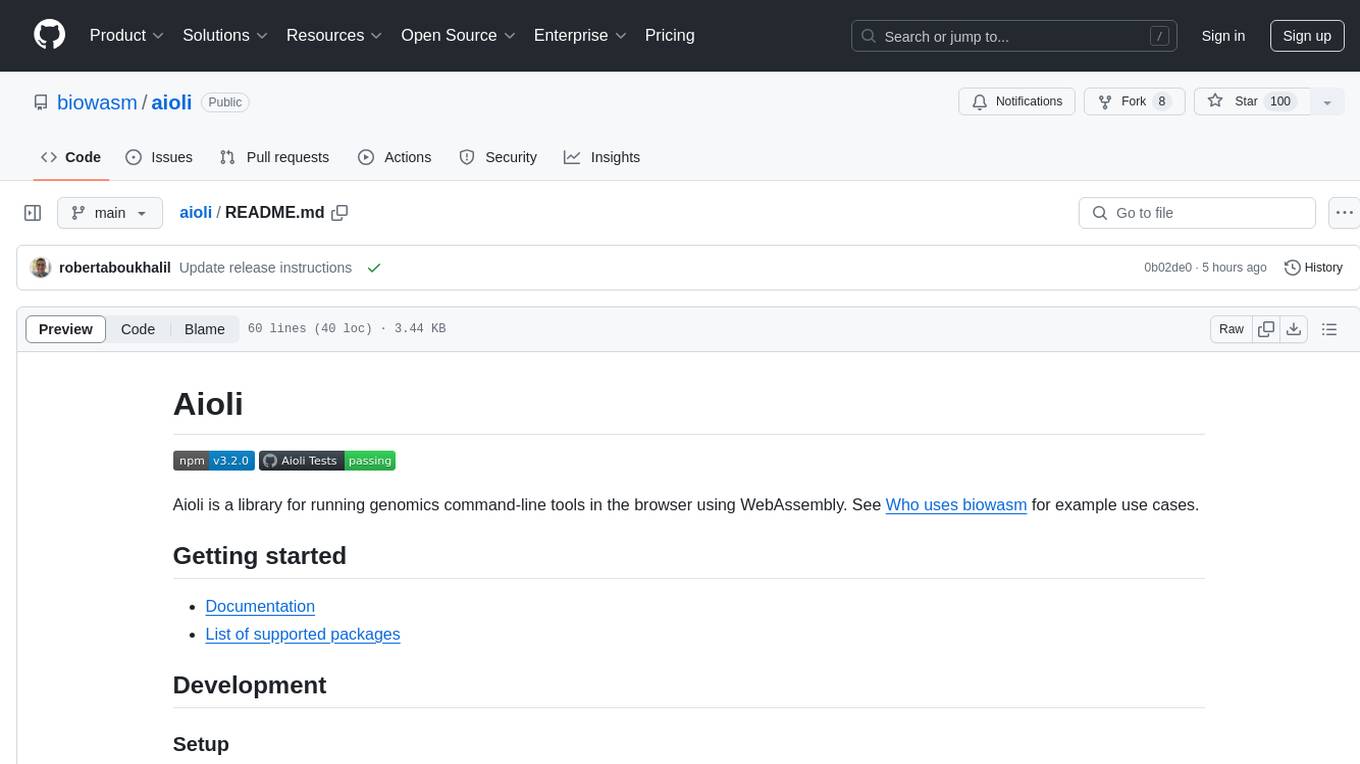
aioli
Aioli is a library for running genomics command-line tools in the browser using WebAssembly. It creates a single WebWorker to run all WebAssembly tools, shares a filesystem across modules, and efficiently mounts local files. The tool encapsulates each module for loading, does WebAssembly feature detection, and communicates with the WebWorker using the Comlink library. Users can deploy new releases and versions, and benefit from code reuse by porting existing C/C++/Rust/etc tools to WebAssembly for browser use.
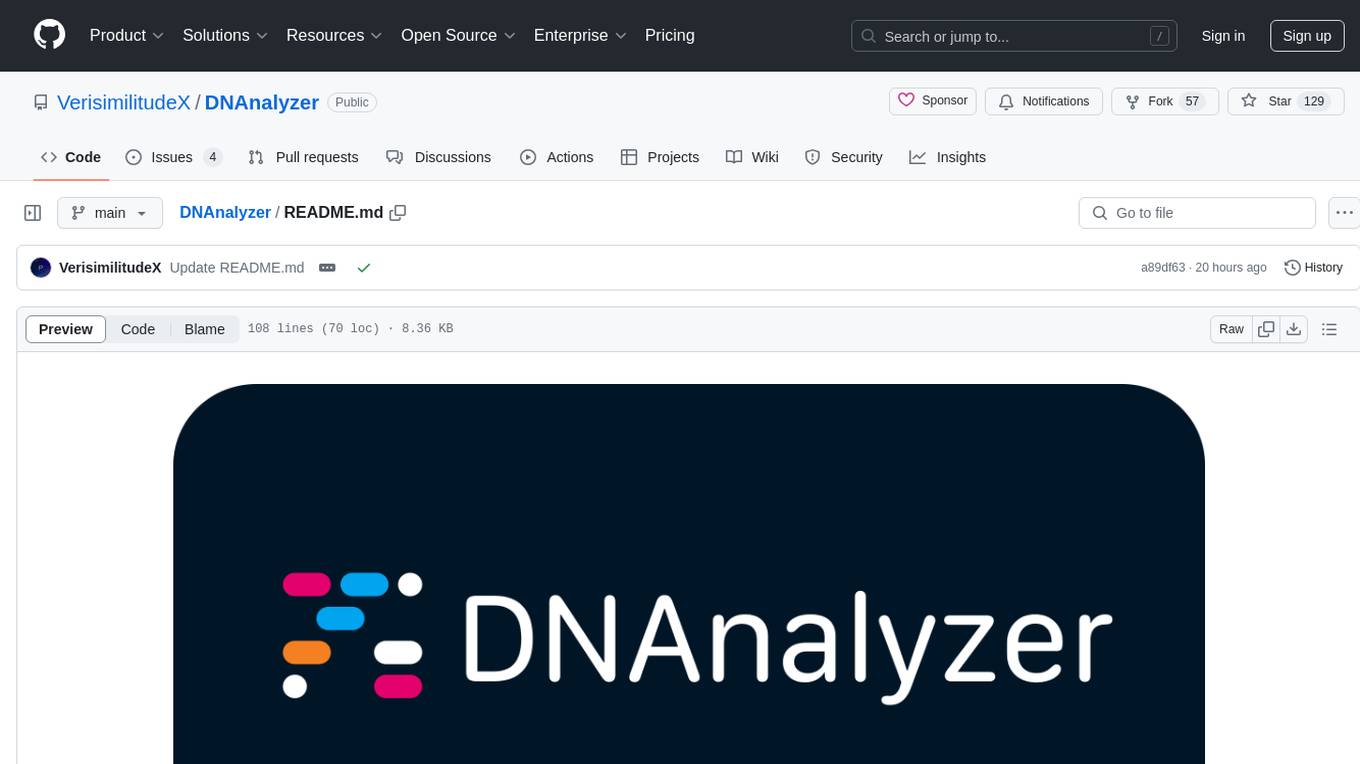
DNAnalyzer
DNAnalyzer is a nonprofit organization dedicated to revolutionizing DNA analysis through AI-powered tools. It aims to democratize access to DNA analysis for a deeper understanding of human health and disease. The tool provides innovative AI-powered analysis and interpretive tools to empower geneticists, physicians, and researchers to gain deep insights into DNA sequences, revolutionizing how we understand human health and disease.
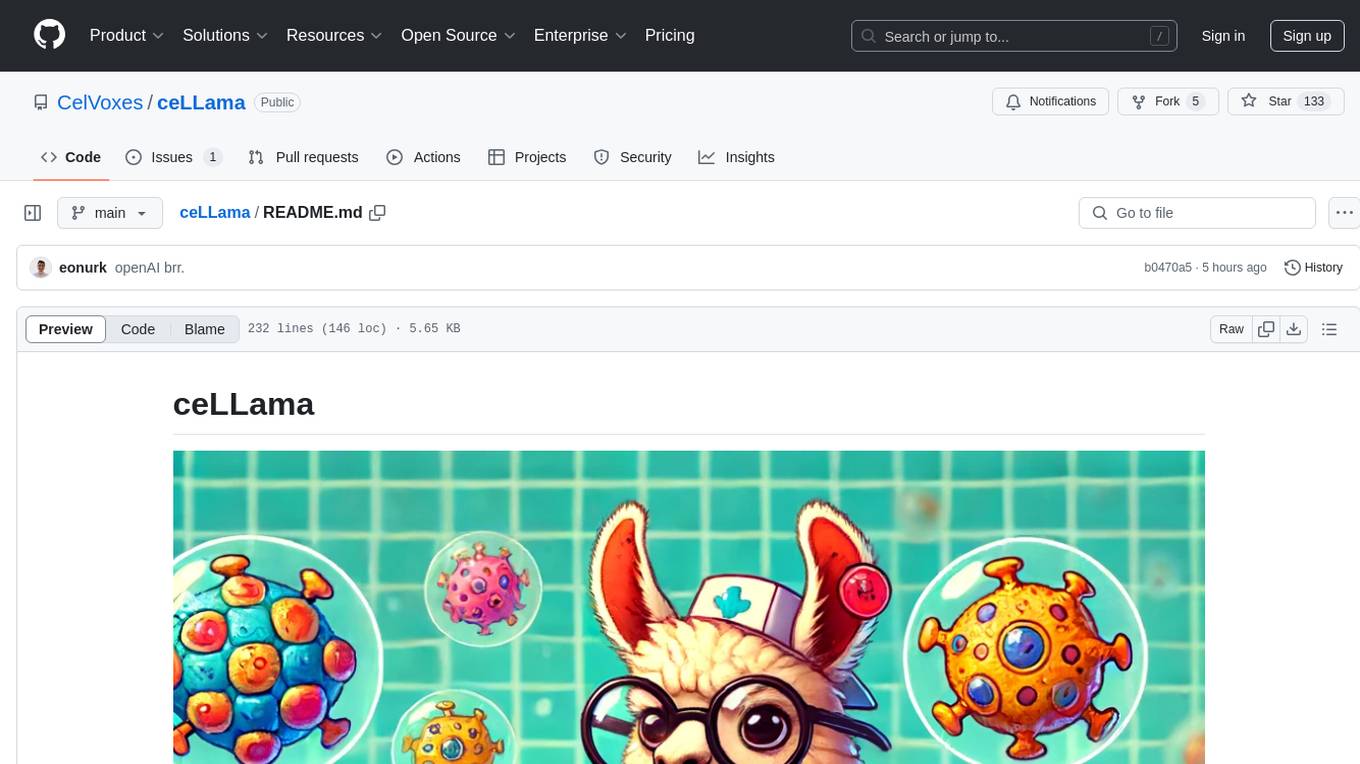
ceLLama
ceLLama is a streamlined automation pipeline for cell type annotations using large-language models (LLMs). It operates locally to ensure privacy, provides comprehensive analysis by considering negative genes, offers efficient processing speed, and generates customized reports. Ideal for quick and preliminary cell type checks.
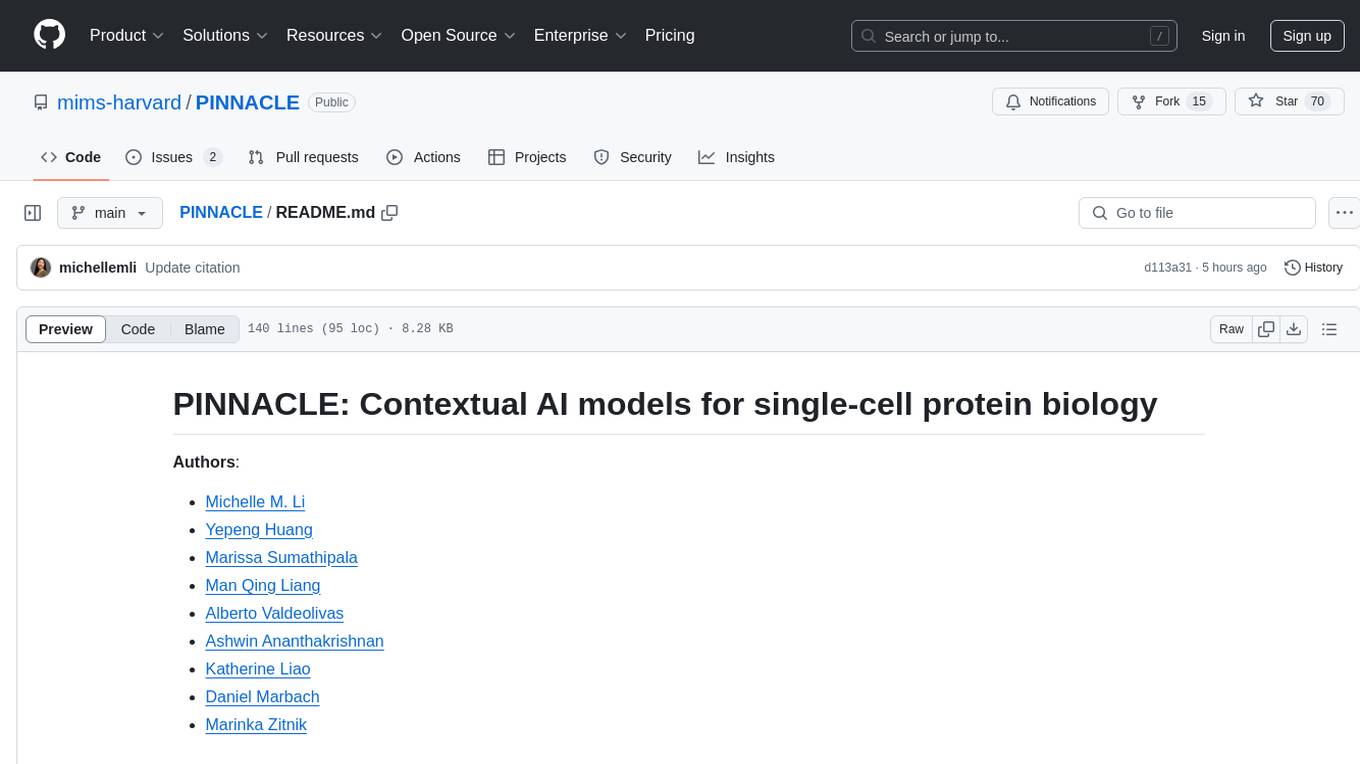
PINNACLE
PINNACLE is a flexible geometric deep learning approach that trains on contextualized protein interaction networks to generate context-aware protein representations. It provides protein representations split across various cell-type contexts from different tissues and organs. The tool can be fine-tuned to study the genomic effects of drugs and nominate promising protein targets and cell-type contexts for further investigation. PINNACLE exemplifies the paradigm of incorporating context-specific effects for studying biological systems, especially the impact of disease and therapeutics.
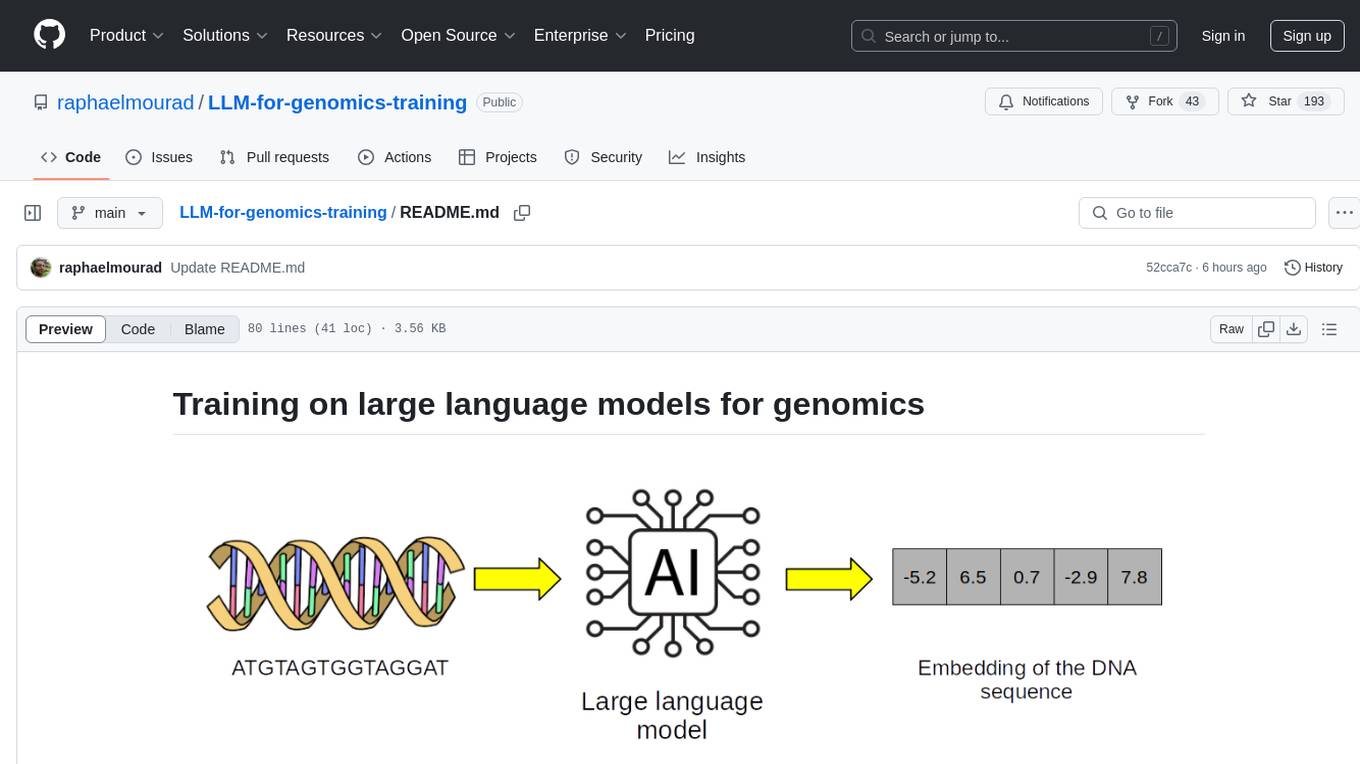
LLM-for-genomics-training
This repository provides training on large language models (LLMs) for genomics, including lecture notes and lab classes covering pretraining, finetuning, zeroshot learning prediction of mutation effect, synthetic DNA sequence generation, and DNA sequence optimization.
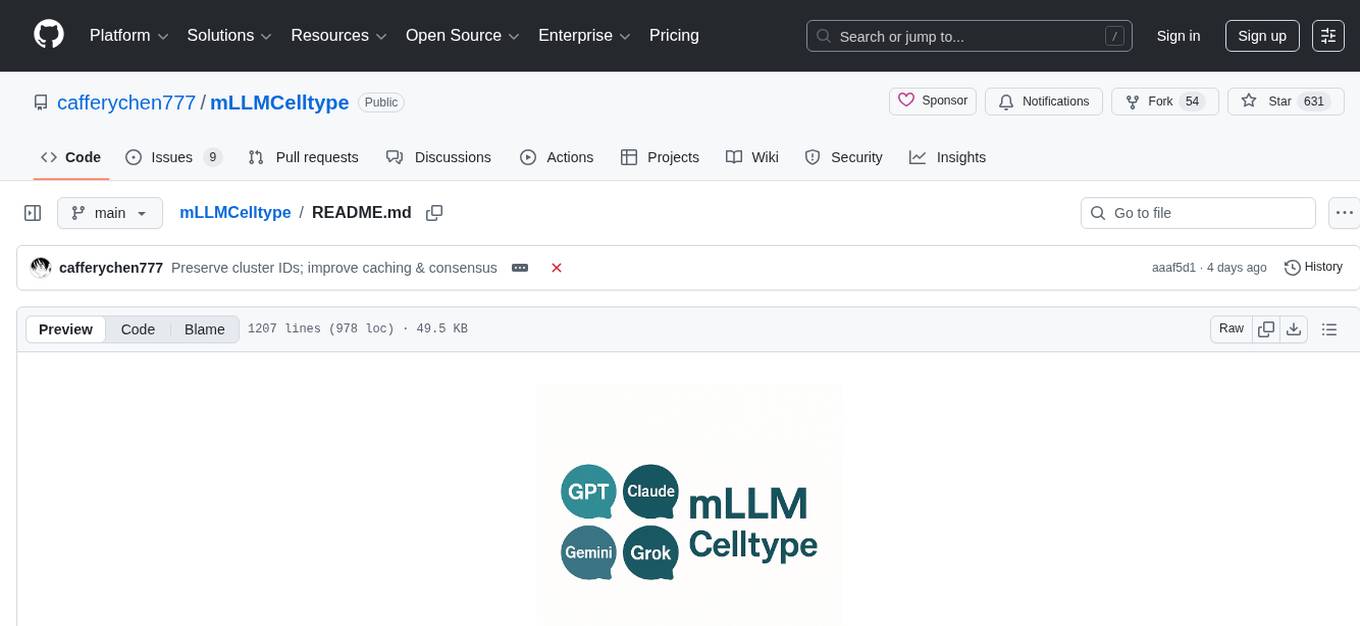
mLLMCelltype
mLLMCelltype is a multi-LLM consensus framework for automated cell type annotation in single-cell RNA sequencing (scRNA-seq) data. The tool integrates multiple large language models to improve annotation accuracy through consensus-based predictions. It offers advantages over single-model approaches by combining predictions from models like OpenAI GPT-5.2, Anthropic Claude-4.6/4.5, Google Gemini-3, and others. Researchers can incorporate mLLMCelltype into existing workflows without the need for reference datasets.
17 - OpenAI Gpts
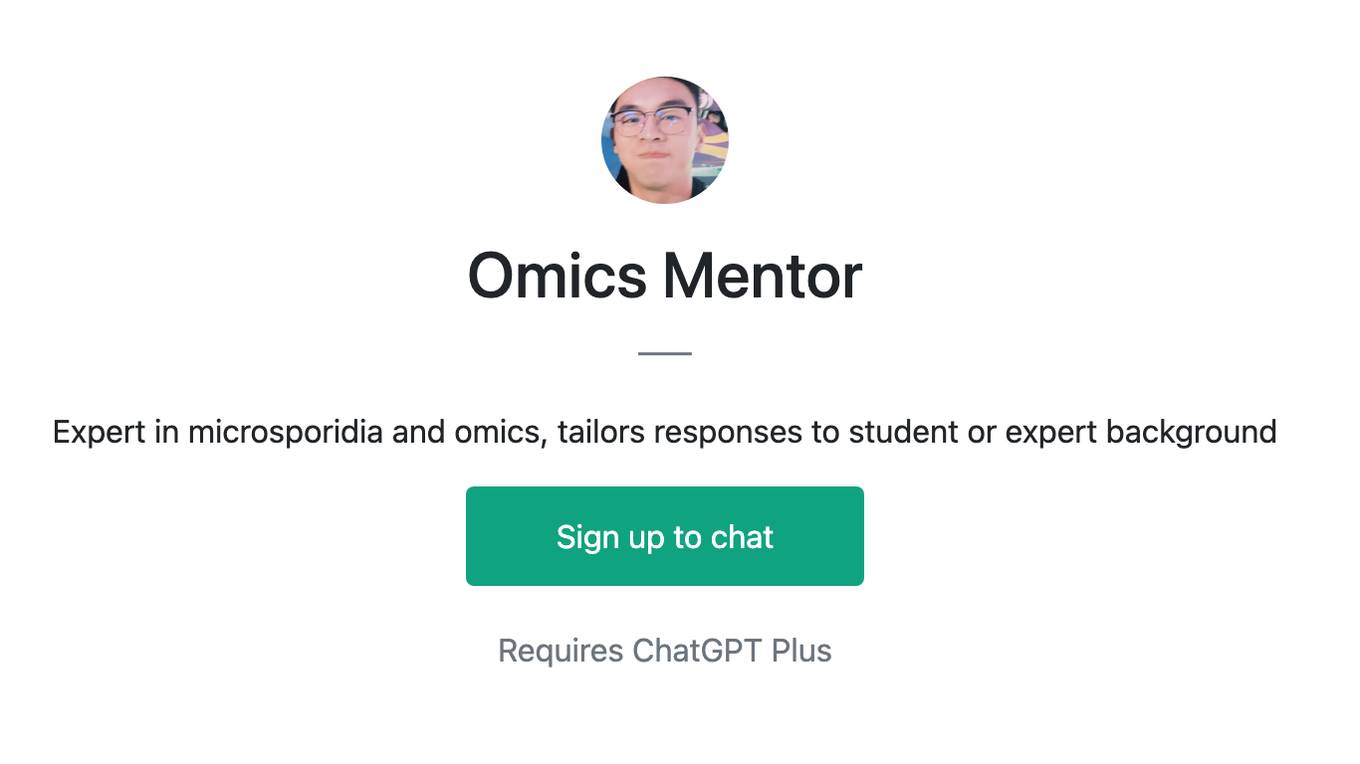
Omics Mentor
Expert in microsporidia and omics, tailors responses to student or expert background
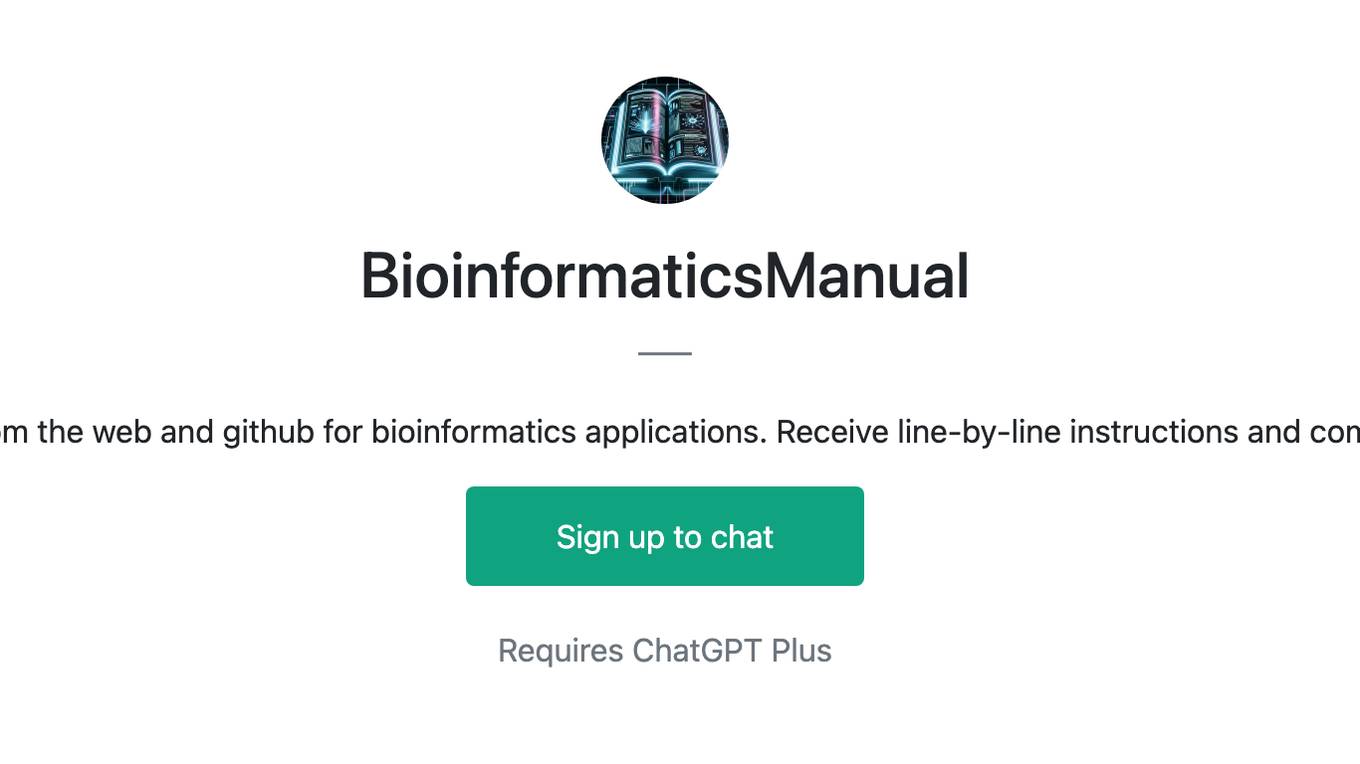
BioinformaticsManual
Compile instructions from the web and github for bioinformatics applications. Receive line-by-line instructions and commands to get started
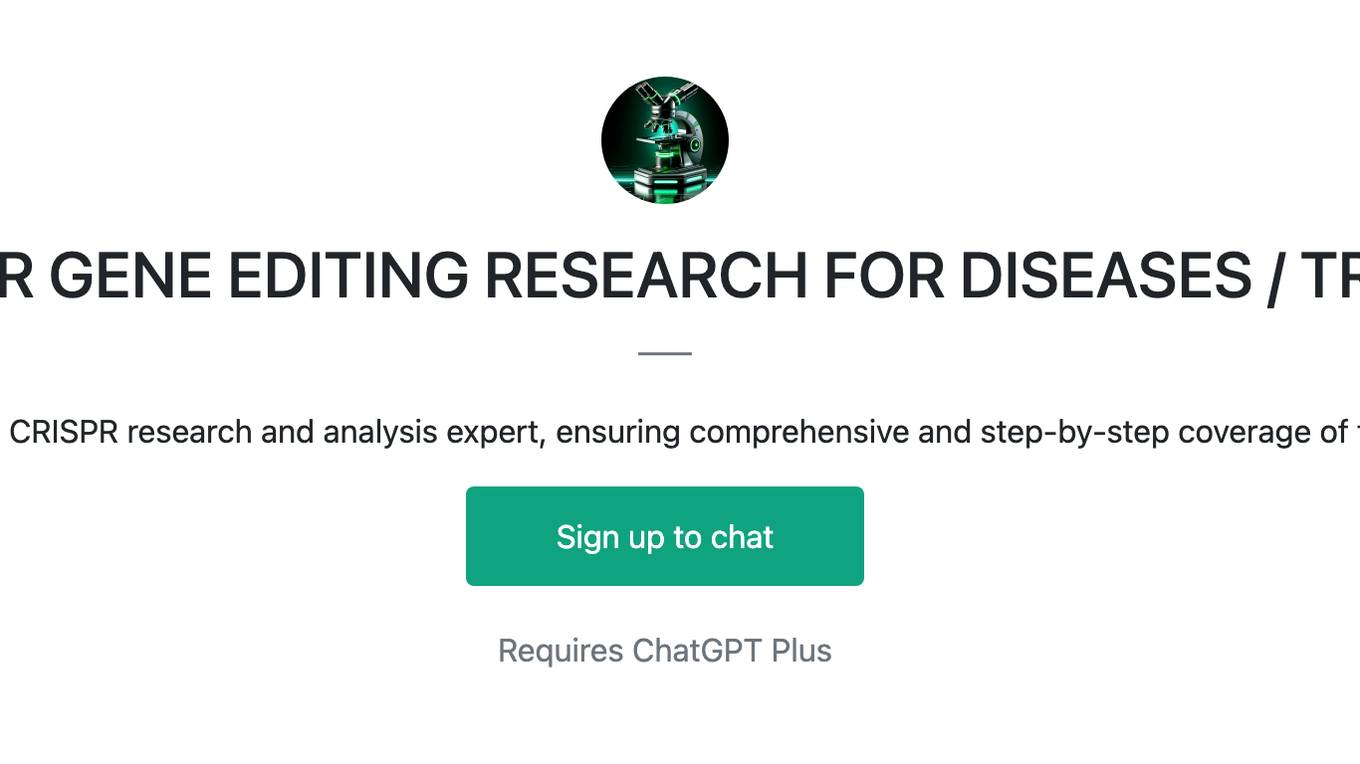
CRISPR GENE EDITING RESEARCH FOR DISEASES / TRAITS
In-depth CRISPR research and analysis expert, ensuring comprehensive and step-by-step coverage of topics.
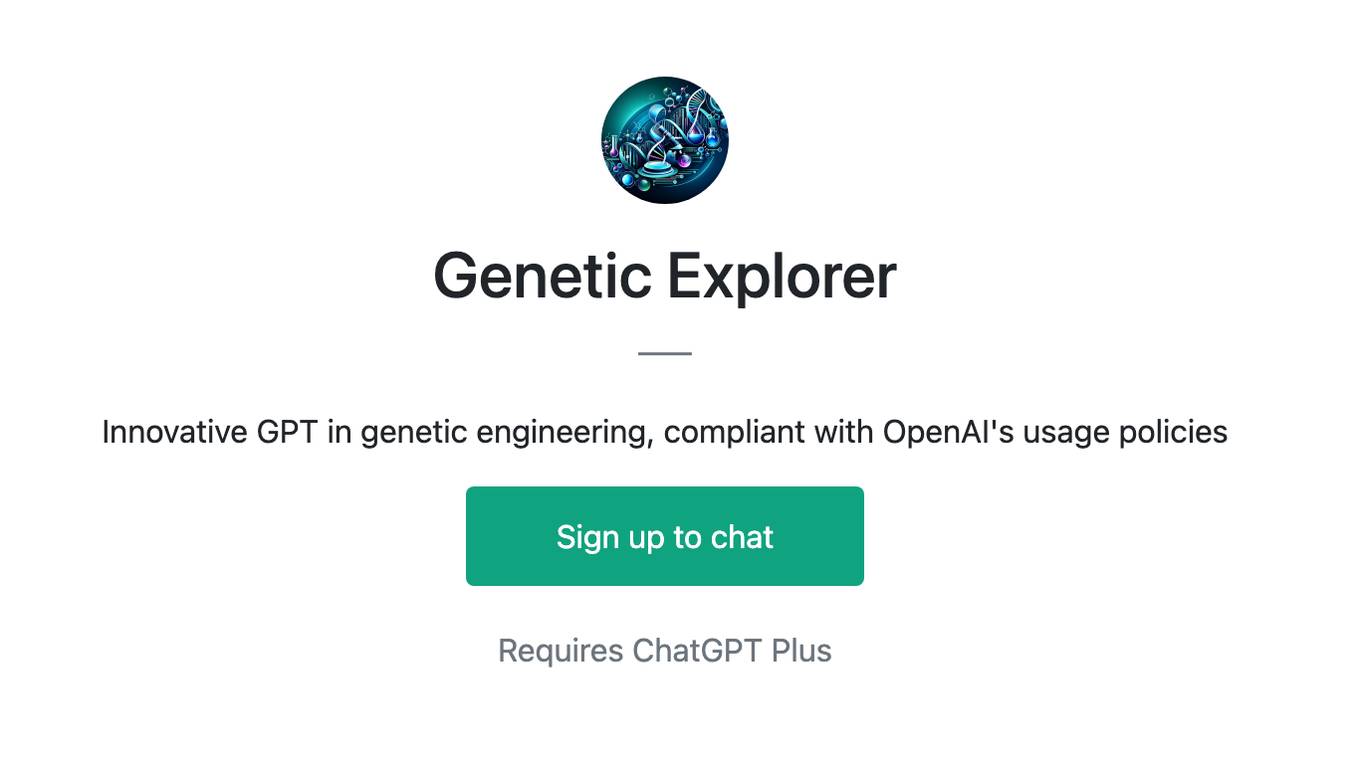
Genetic Explorer
Innovative GPT in genetic engineering, compliant with OpenAI's usage policies
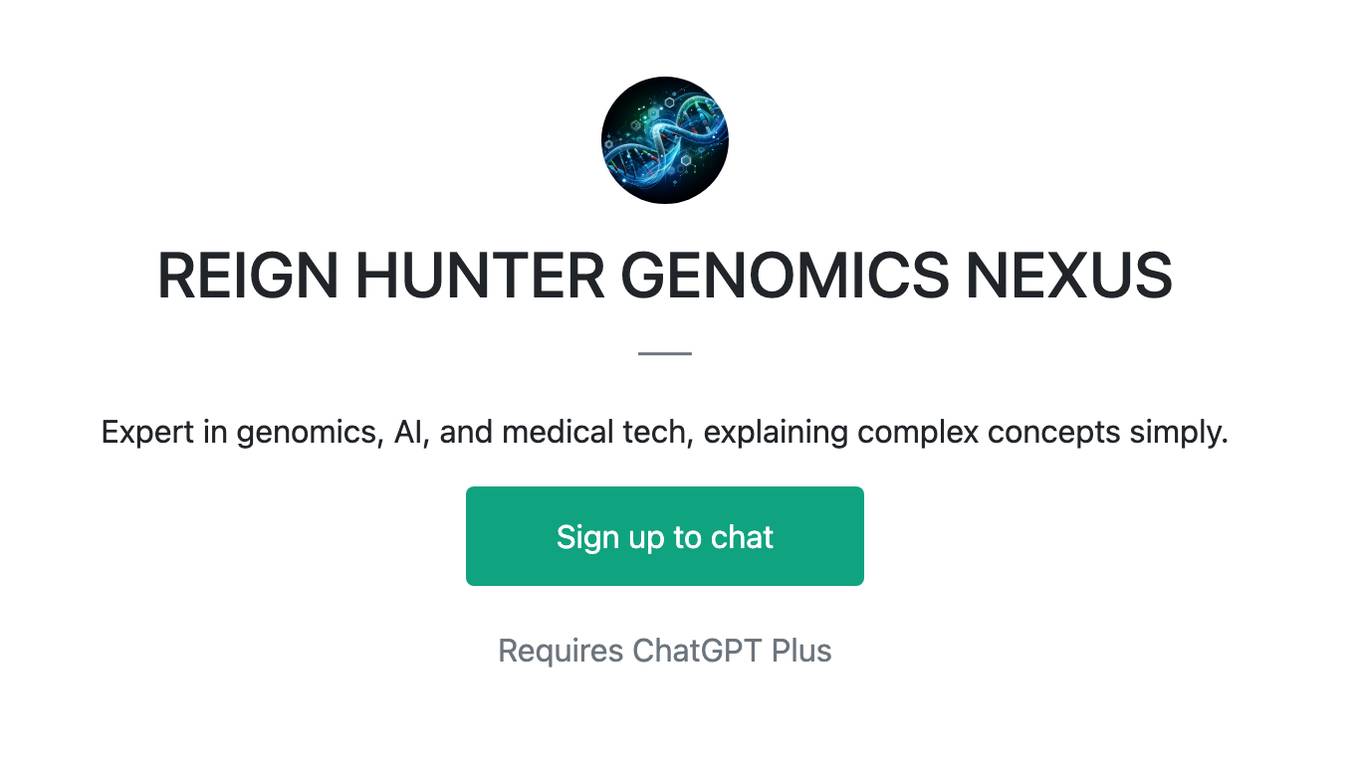
REIGN HUNTER GENOMICS NEXUS
Expert in genomics, AI, and medical tech, explaining complex concepts simply.
